|
When fellow campers left a messy campsite and went out for the day, wild horses came through and checked out the leavings.
Assateague's horses are beautiful, tough, and wild. They have learned to survive in a harsh environment. Feeding and/or petting them is detrimental to both visitors and horses. Horses can get sick from human food. Those that learn to come up to the road to beg for food are often hit and killed by cars. Visitors are kicked, bitten and knocked down every year as a direct result of getting too close to the wild horses. Treating wild horses like tame animals takes away the wildness that makes them special. Protect your family by respecting theirs. Give the horses the space they need to be wild. (National Park Service)
1 Comment
Located on Virginia's Eastern Shore, Kiptopeke State Park is a gem. Older campground with adequate amenities. The drive over from Norfolk on the Chesapeake Bay Bridge Tunnel is worth the price of admission.
8/19/19 Good afternoon from Nags Head, North Carolina where Melanie and I have just finished a good lunch at a local seafood establishment. We're sitting in a parking lot near the restaurant. She's working Episcopal Peace Fellowship (EPF) and I'm contemplating the universe for a few minutes before we drive south to our friends, Aida and John's, home Sunrise Over Salvo on Cape Hatteras. Our visit home to Birmingham and subsequent travels to Montgomery and Hayneville and Selma have weighed on me a bit since we left. I've now traveled to the The National Memorial for Peace and Justice and The Legacy Museum twice. Both times I was painfully reminded of how white washed (literally) was my understanding growing up in Columbus, Georgia of the treatment of black folks well before and after the Civil War. Visiting the memorial and museum should be mandatory, as a minimum, for all Alabama school children and those wanting a better understanding of slavery and its aftermath. I grew up in the 50's and 60's living in an all white milieu where I rarely had any contact with people of color. My parents were high school graduates, both were democrats, that is, FDR democrats. They supported John F. Kennedy and were devastated when he was assassinated. They were not progressive or liberal in any sense we now understand those terms. They were raised up during the Great Depression and remembered jobs created by FDR's New Deal. My father's family was poor and he recalled being hungry at times. My parents were racists. The "N" word was casually tossed around from time to time. My maternal grandmother sported one of those vanity tags on her car that had a confederate soldier holding a confederate flag. The tag read, "Hell no, I ain't forgettin'." You may have seen one of them. I don't doubt they're still a thing somewhere. After I began practicing law, I left my parent's home in Georgia on one occasion shortly after arriving for a visit when my father casually inquired about my "N" word law partner. I remember saying before walking out the door that they hadn't raised me to think about people of color that way. But really, they had. Somewhere along the way I escaped the gravity that is contained in bigotry and prejudice and realized many things I was taught and exposed to growing up regarding people of color were wrong and hurtful and, frankly, just ignorant. Though my pastor was a kind and intelligent man who had a positive influence on my life, many in our small Baptist Church community were also racists. Certainly one of the messages I was taught in church came from that familiar song we sang; Jesus loves the little children All the children of the world Red, brown, yellow Black and white They are precious in His sight. Jesus loves the little children Of the world. One of my best neighborhood friends, Mark's, father, George, was also an influence. George, was a former seminarian turned atheist. He was a reader and a free thinker. I could, and did, converse with him about things on my young mind. He had very progressive ideas about many things, race relations being one. I am the first, and only person, in my immediate family to attend university. My experience of being exposed to different ideas, like many before me in similar circumstances, was of feeling as though I'd removed my head from the sand, of being an alien in my own family. It's hard not to feel overwhelmed when realizing your socialization contained some pretty fucked up notions. My experience tells me people are malleable especially when they are young. Myths regarding human nature are not easily dislodged from willing minds, even in the face of counter evidence of their falsity. Sometimes the lessons we learn as children are simply difficult to unlearn. We often don't know that we don't have good information. I am fortunate to have been shown the importance of critical independent thinking. And forgiveness. I recently posted the following to my FaceBook page. It's from Michael Gerson, President George W. Bush's former chief speech writer. It's worth a repost here: I had fully intended to ignore President Trump’s latest round of racially charged taunts against anAfrican American elected official, and an African American activist, and an African American journalist and a whole city with a lot of African Americans in it. I had every intention of walking past Trump’s latest outrages and writing about the self-destructive squabbling of the Democratic presidential field, which has chosen to shame former vice president Joe Biden for the sin of being an electable, moderate liberal. But I made the mistake of pulling James Cone’s 'The Cross and the Lynching Tree' off my shelf — a book designed to shatter convenient complacency. Cone recounts the case of a white mob in Valdosta, Ga., in 1918 that lynched an innocent man named Haynes Turner. Turner’s enraged wife, Mary, promised justice for the killers. The sheriff responded by arresting her and then turning her over to the mob, which included women and children. According to one source, Mary was 'stripped, hung upside down by the ankles, soaked with gasoline, and roasted to death. In the midst of this torment, a white man opened her swollen belly with a hunting knife and her infant fell to the ground and was stomped to death.' God help us. It is hard to write the words. This evil — the evil of white supremacy, resulting in dehumanization, inhumanity and murder — is the worst stain, the greatest crime, of U.S. history. It is the thing that nearly broke the nation. It is the thing that proved generations of Christians to be vicious hypocrites. It is the thing that turned normal people into moral monsters, capable of burning a grieving widow to death and killing her child. When the president of the United States plays with that fire or takes that beast out for a walk, it is not just another political event, not just a normal day in campaign 2020. It is a cause for shame. It is the violation of martyrs’ graves. It is obscene graffiti on the Lincoln Memorial. It is, in the eyes of history, the betrayal — the re-betrayal — of Haynes and Mary Turner and their child. And all of this is being done by an ignorant and arrogant narcissist reviving racist tropes for political gain, indifferent to the wreckage he is leaving, the wounds he is ripping open. Like, I suspect, many others, I am finding it hard to look at resurgent racism as just one in a series of presidential offenses or another in a series of Republican errors. Racism is not just another wrong. The Antietam battlefield is not just another plot of ground. The Edmund Pettus Bridge is not just another bridge. The balcony outside Room 306 at the Lorraine Motel is not just another balcony. As U.S. history hallows some causes, it magnifies some crimes. What does all this mean politically? It means that Trump’s divisiveness is getting worse, not better. He makes racist comments, appeals to racist sentiments and inflames racist passions. The rationalization that he is not, deep down in his heart, really a racist is meaningless. Trump’s continued offenses mean that a large portion of his political base is energized by racist tropes and the language of white grievance. And it means — whatever their intent — that those who play down, or excuse, or try to walk past these offenses are enablers. Some political choices are not just stupid or crude. They represent the return of our country’s cruelest, most dangerous passion. Such racism indicts Trump. Treating racism as a typical or minor matter indicts us. 8/22/19 I'm realizing more with each passing day just how important are the contacts Melanie and I make as we travel the country in support of EPF and the ideas and issues for which Melanie, EPF, all the Peace Parishes, and EPF membership advocate. In these troubled times we are both grateful for each and everyone who is willing. We not only continue to make new friends along the way, but are helping build a coalition of like-minded people who themselves can actively assist in further raising consciousness in support of work being done. We are grateful for all the good works we discover being done and thankful for all the help with EPF's mission Melanie (and I) have gotten along the way. We are currently enjoying some time at the beach with good friends John and Aida, but we'll be traveling on Saturday north from here towards National Monument, Fort Monroe, and the 400th anniversary commemorations of the first enslaved Africans brought to the shores of North America. Sunrise on Cape Hatteras
Good afternoon from Army Corp of Engineers Petersburg Campground in Appling, Georgia. We arrived here yesterday after being in Birmingham, Alabama for a week. Our site overlooks beautiful J. Strom Thurmond lake. The irony of it all. The past few weeks have been pretty busy for us. Leaving Illinois, we dealt with minor warranty issues with our van in St. Louis, MO, visited with friends, Pif and Chip Hicks in Louisville, KY, dropped in on the new university grads, Tate and Zoe, in Nashville, TN, and finally parked Miranda at the home of Wade and Jennifer Anderson in Birmingham. Melanie and I were in Birmingham specifically for another event connected to the 80th anniversary year of EPF. There was an event at St. Andrews on Thursday, we traveled to The National Memorial and Museum for Peace and Justice on Friday, then to Hayneville, Alabama for the annual Jonathan Daniels pilgrimage and Selma, Alabama to the National Voting Rights Museum. Miranda's Mercedes Sprinter got her first service while we were in Birmingham. And, despite the heat, she got her first coat of wax. Solar panels, ceiling fans, skylights over the shower and galley area were cleaned. In short, Miranda is ready and looking good for further adventure. 😎😜 A few portraits from our week in Birmingham
|
AuthorsSteven and Melanie Archives
April 2024
Categories |
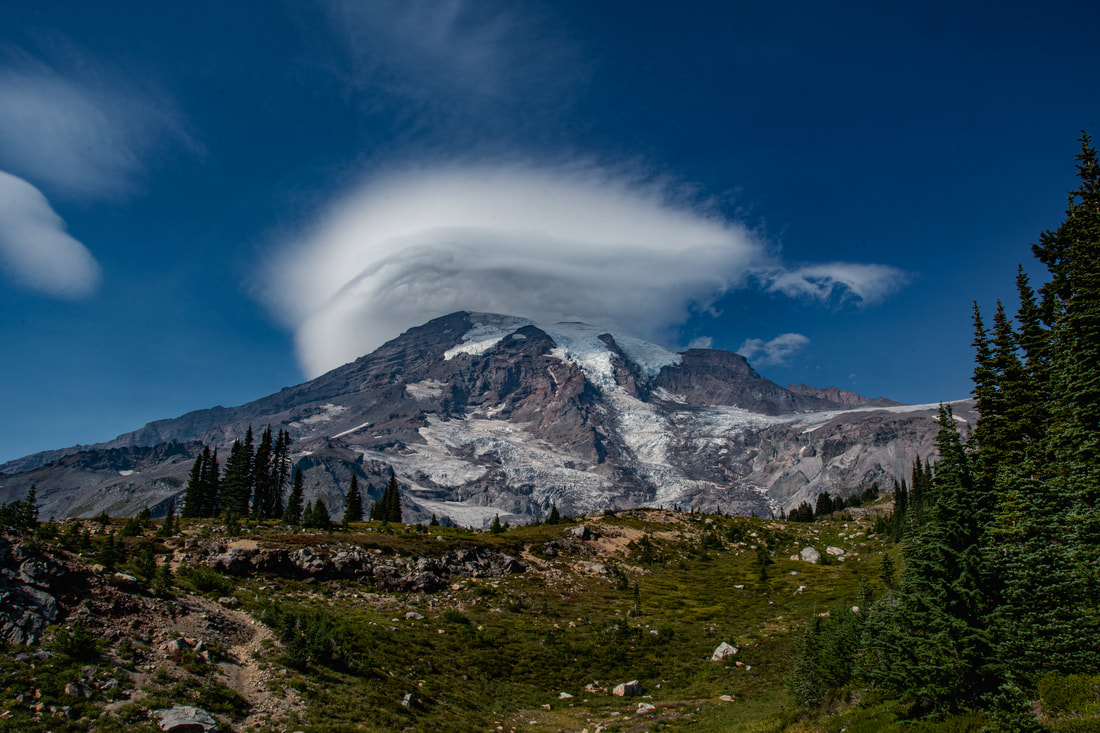
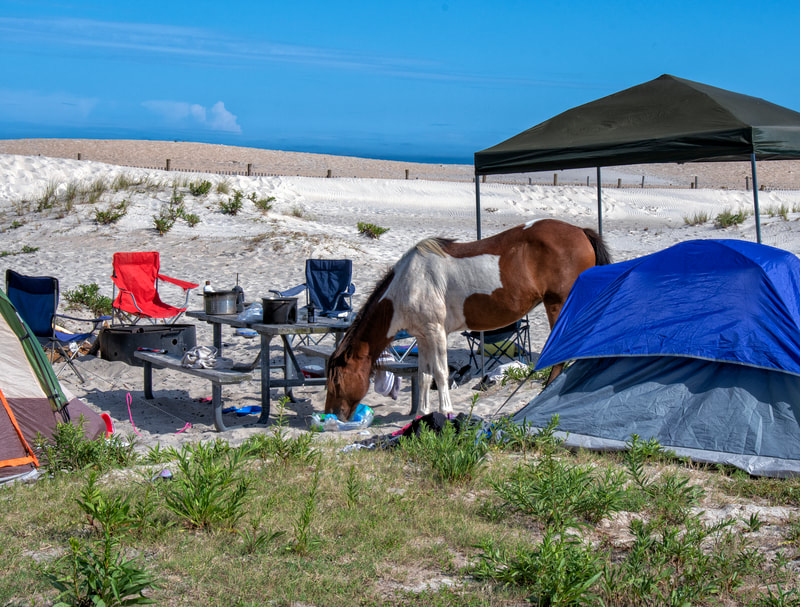
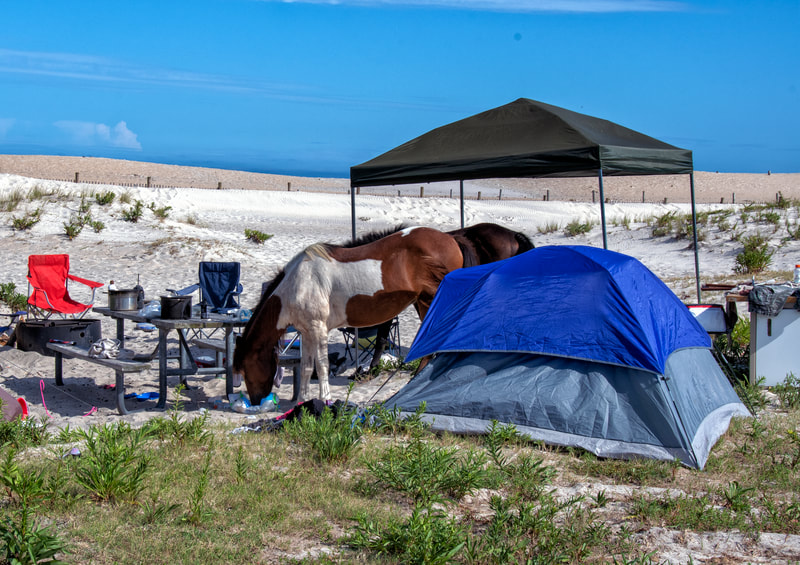
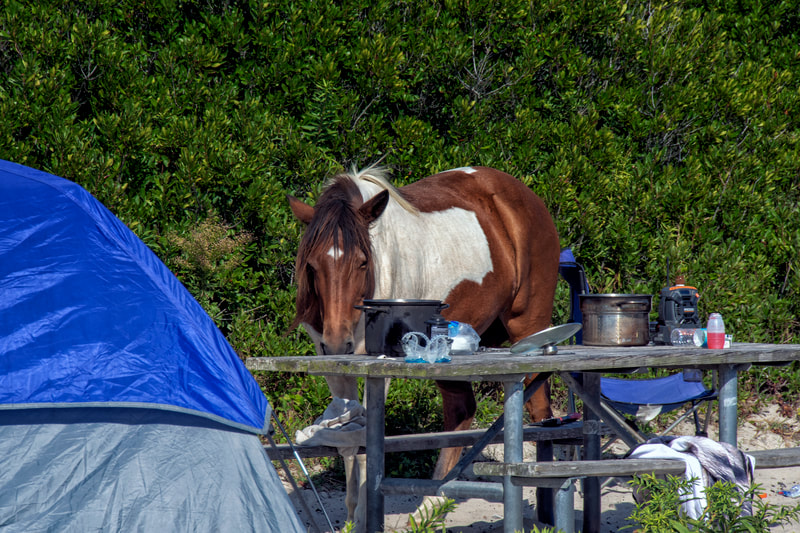
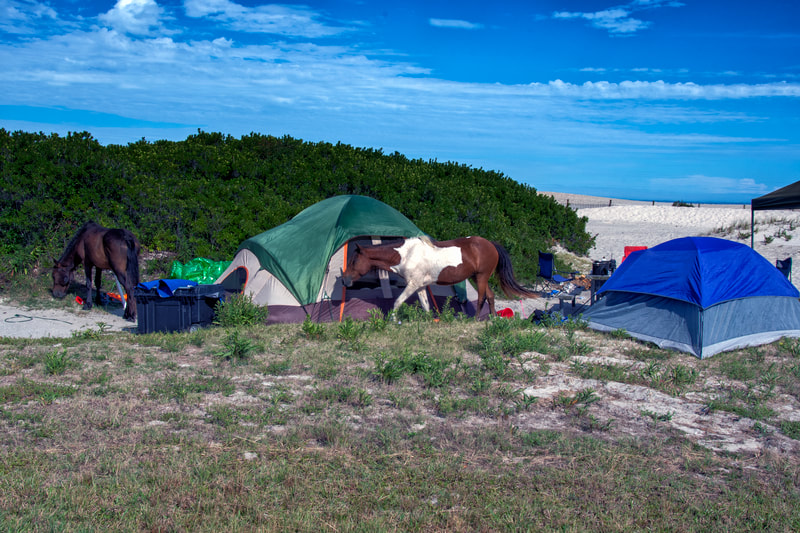
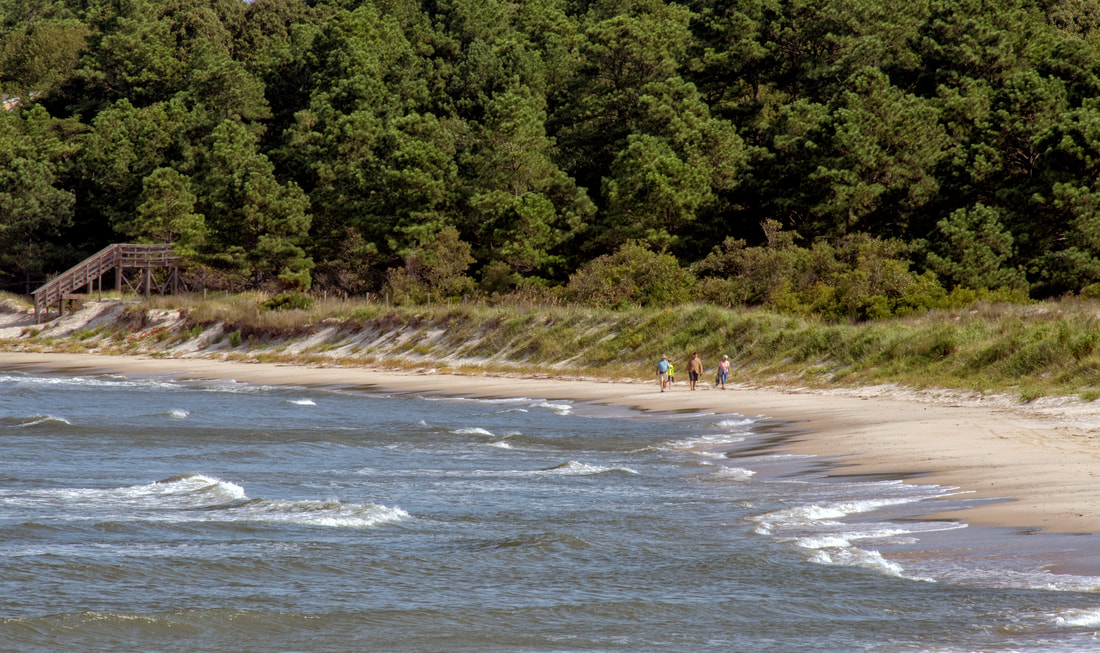

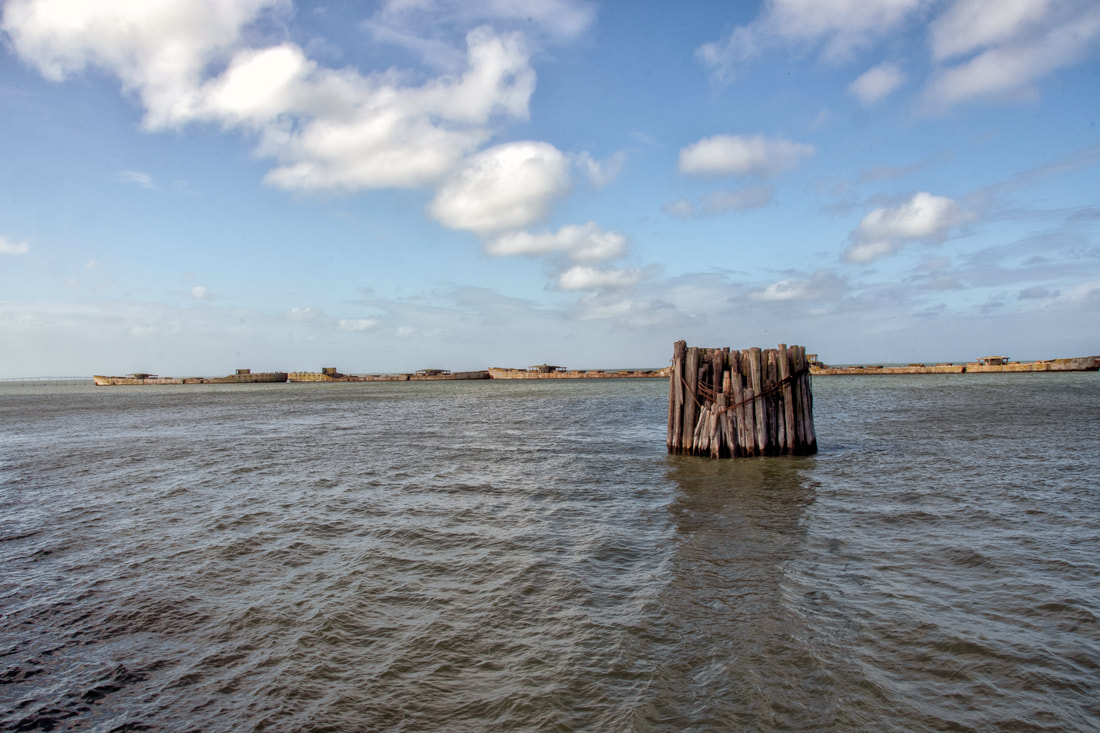
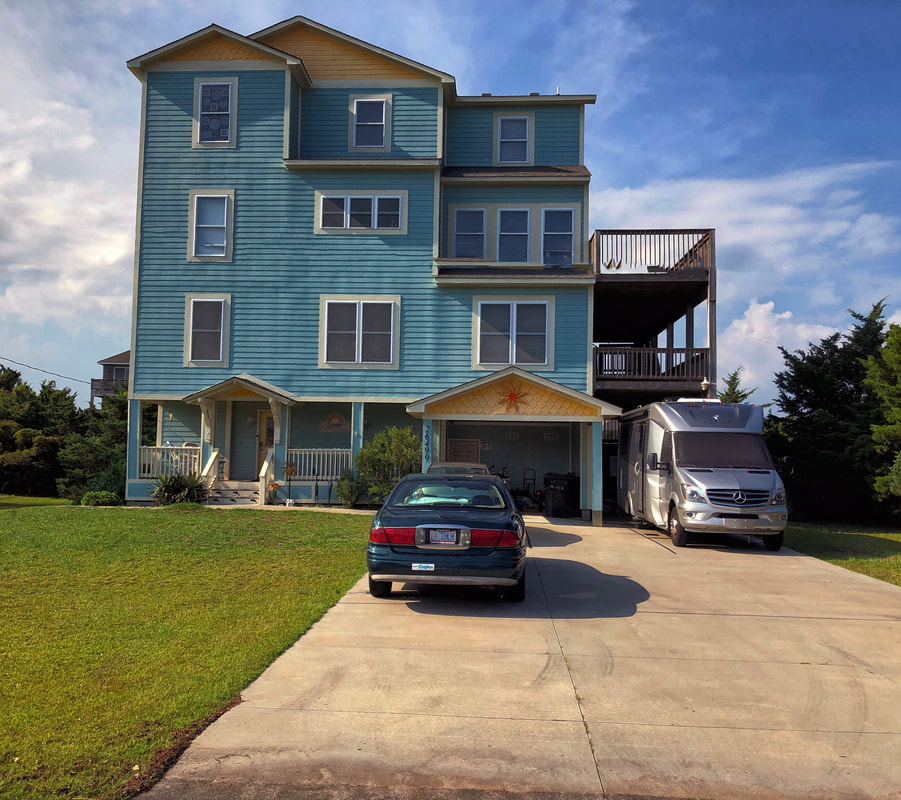

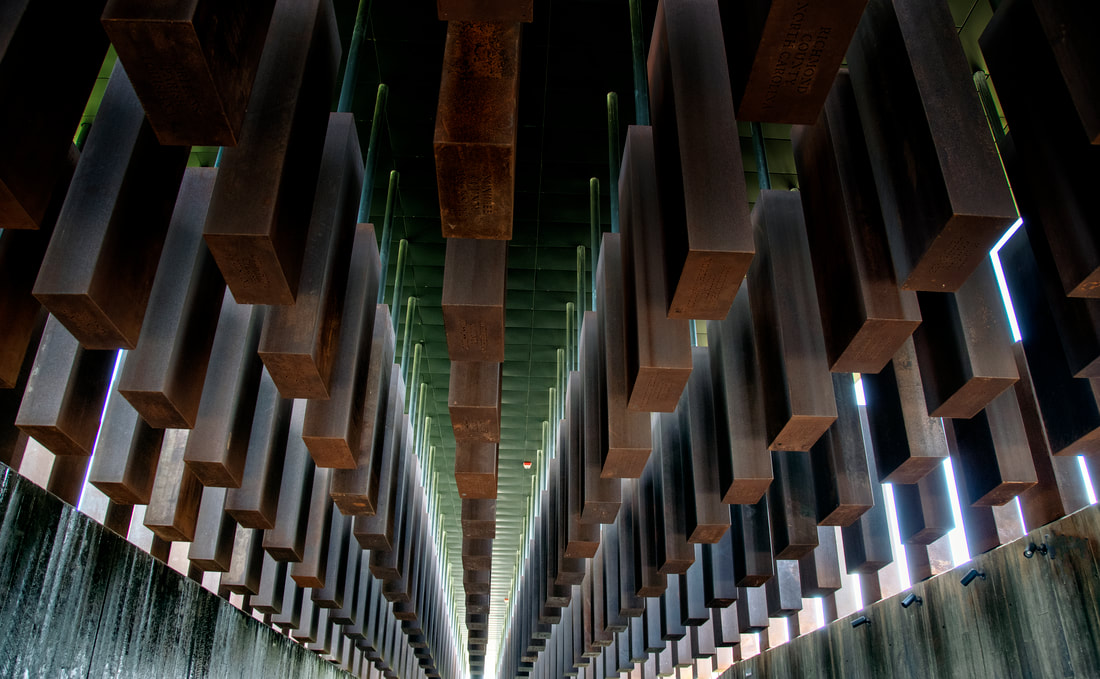
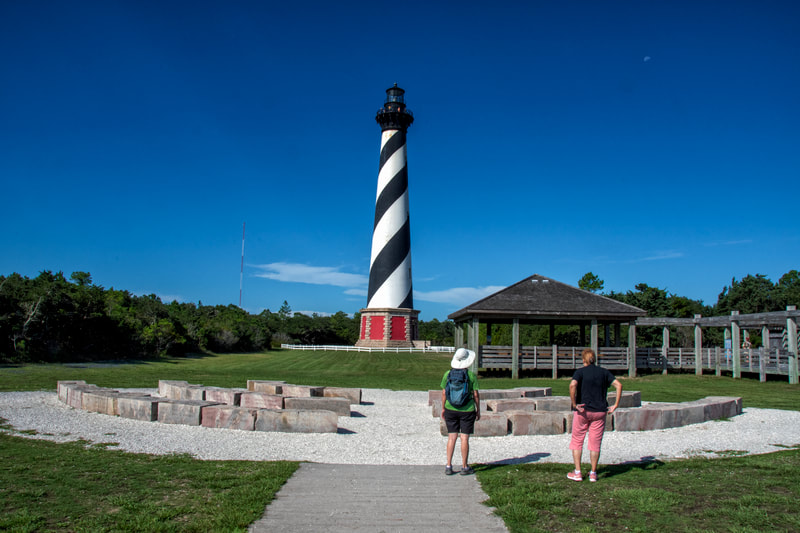
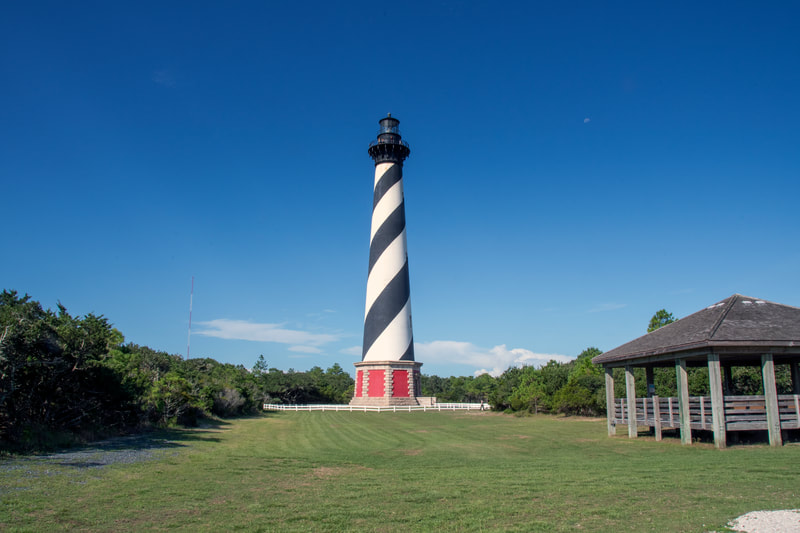
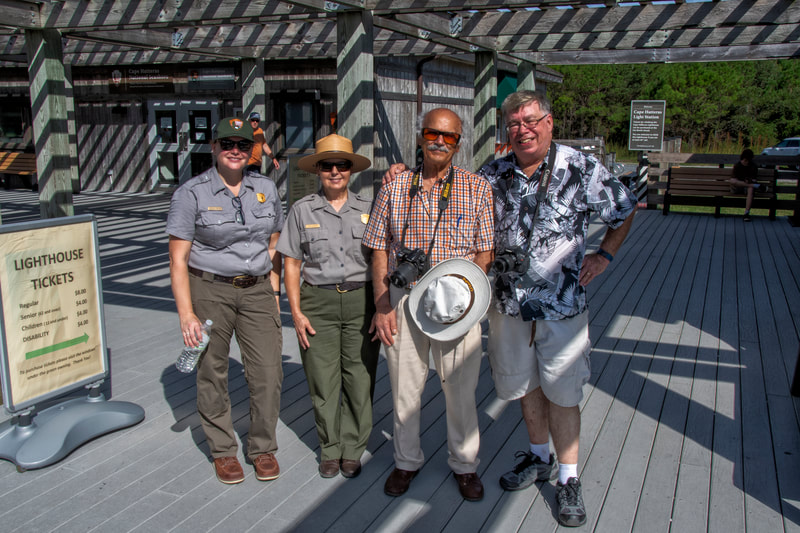
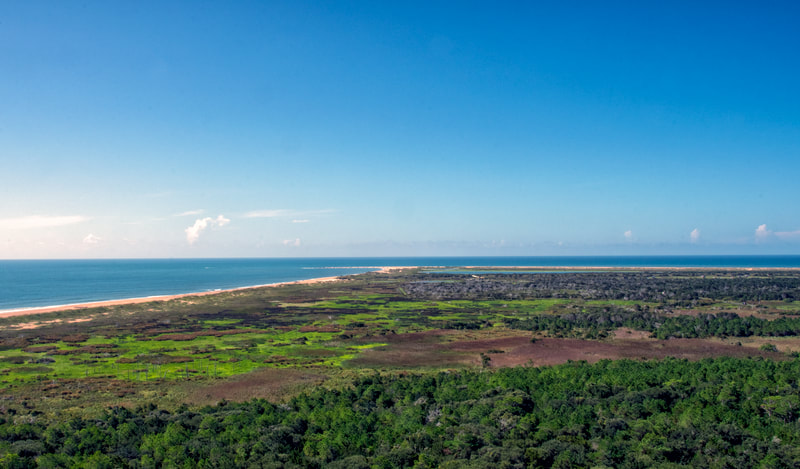
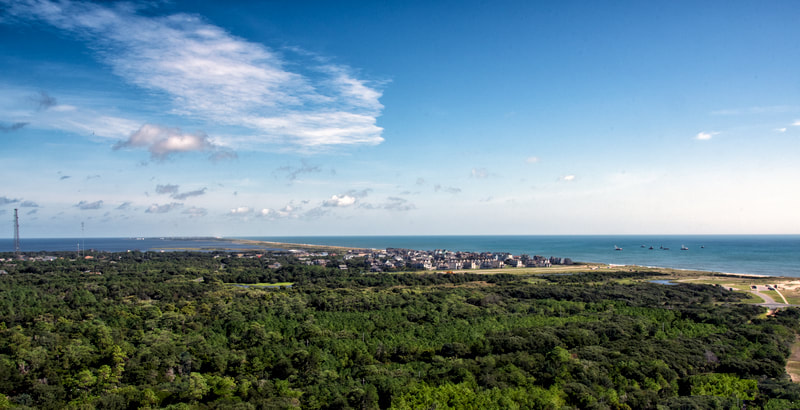
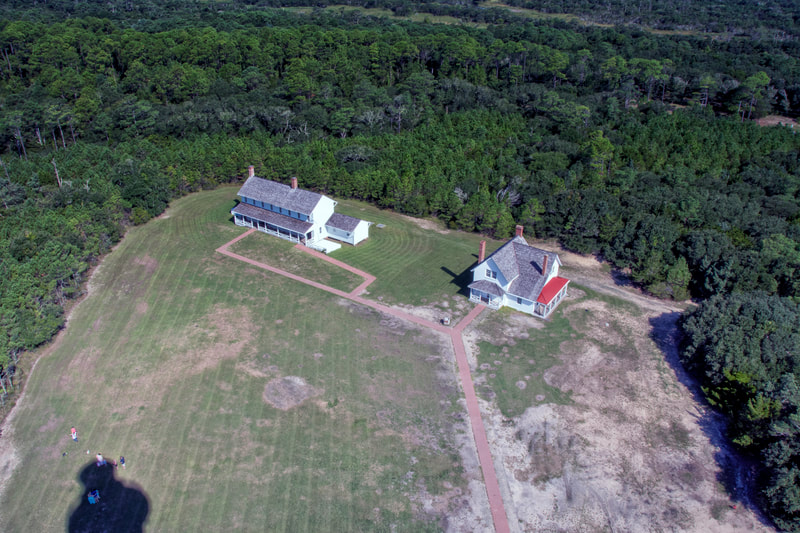
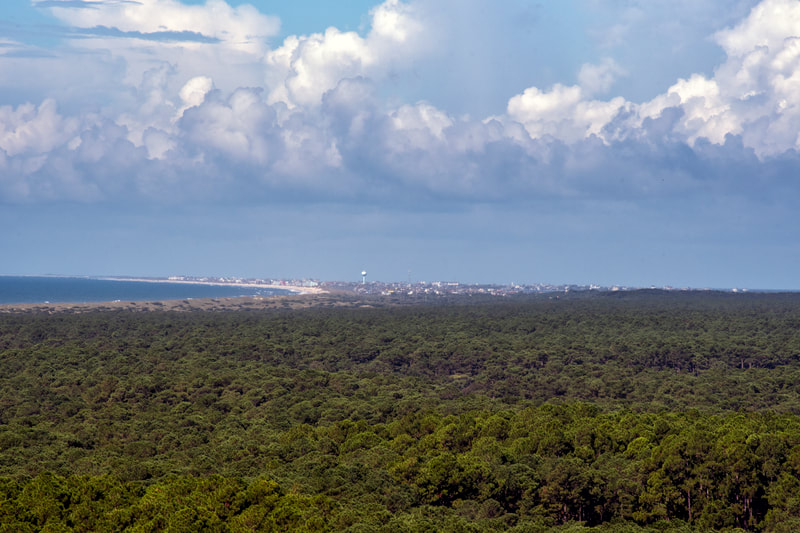
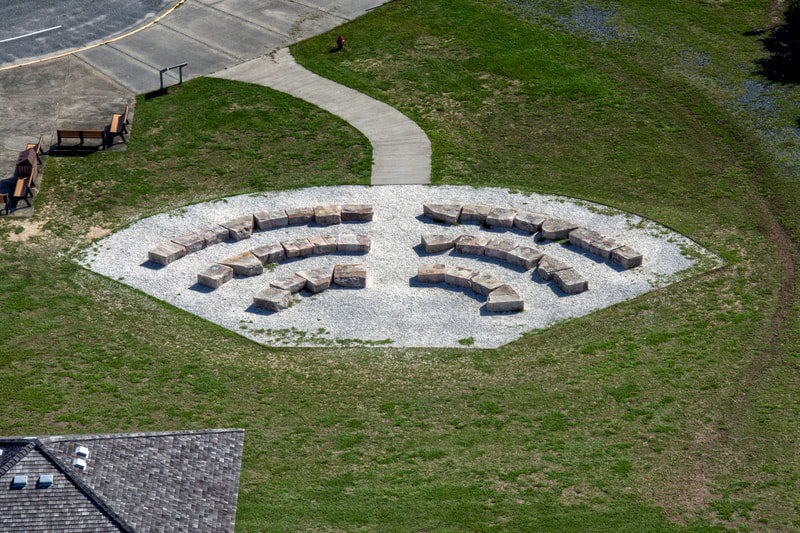

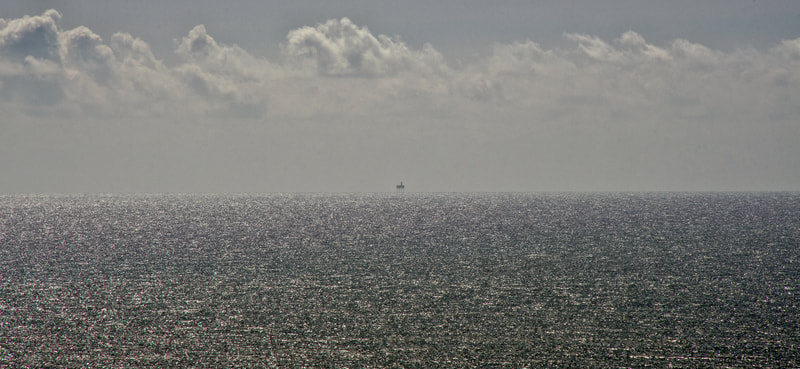
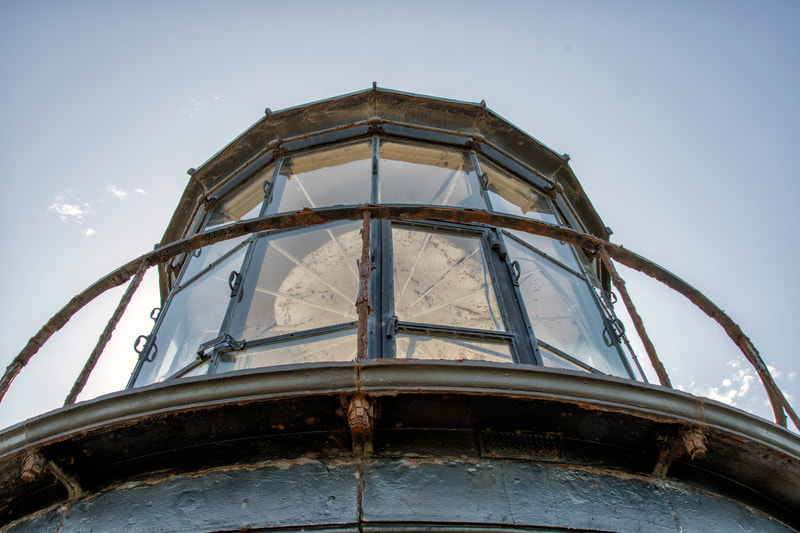
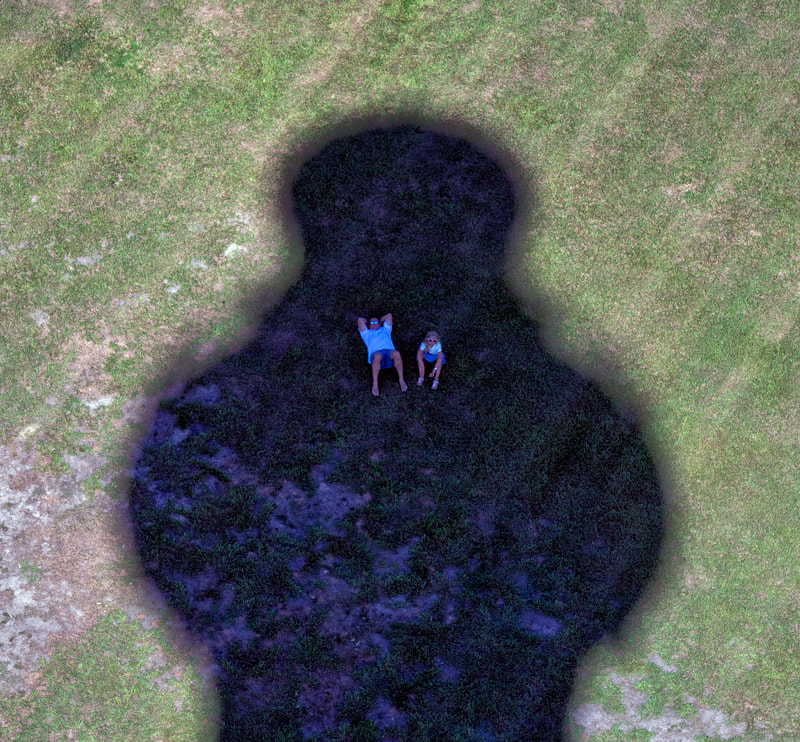
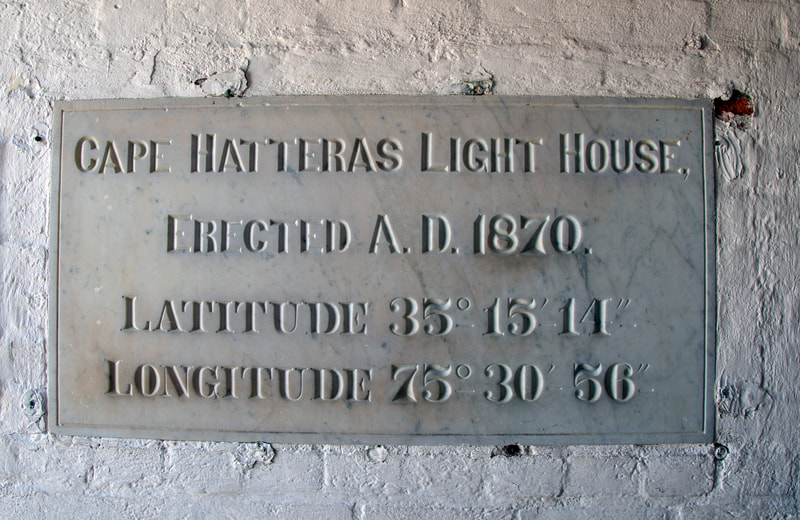
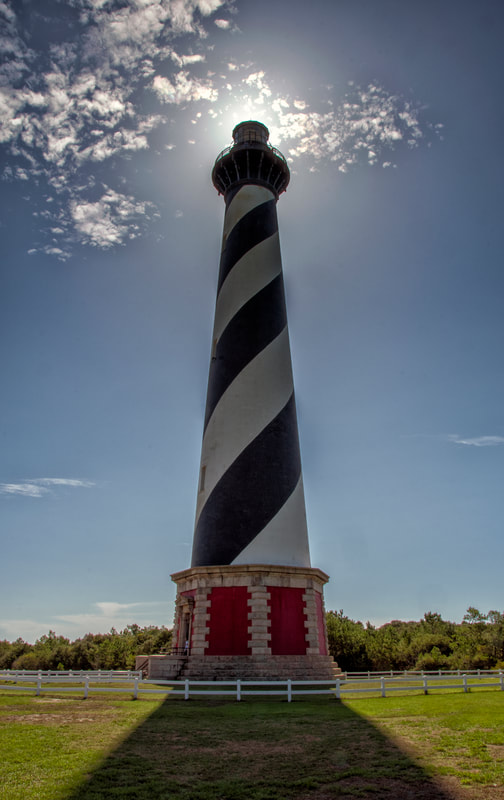
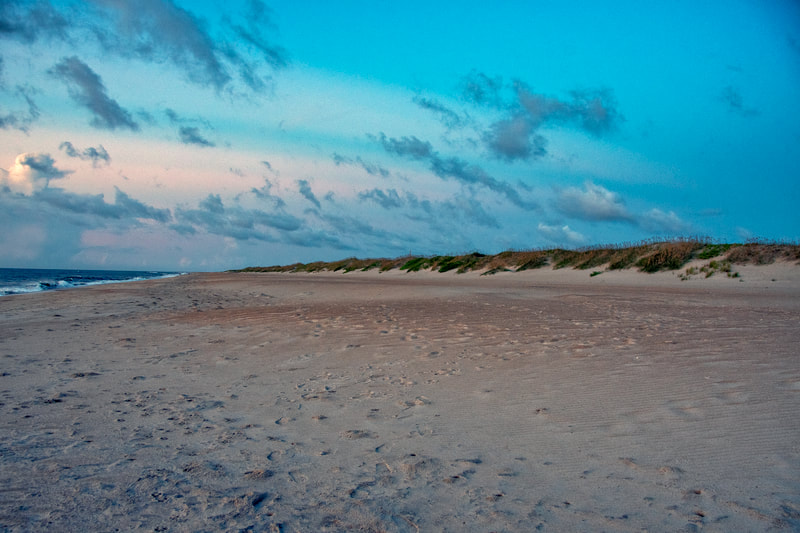
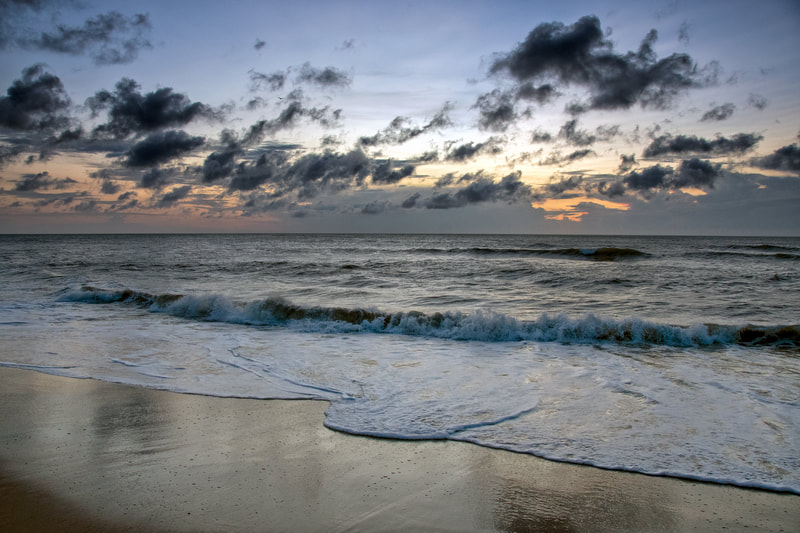
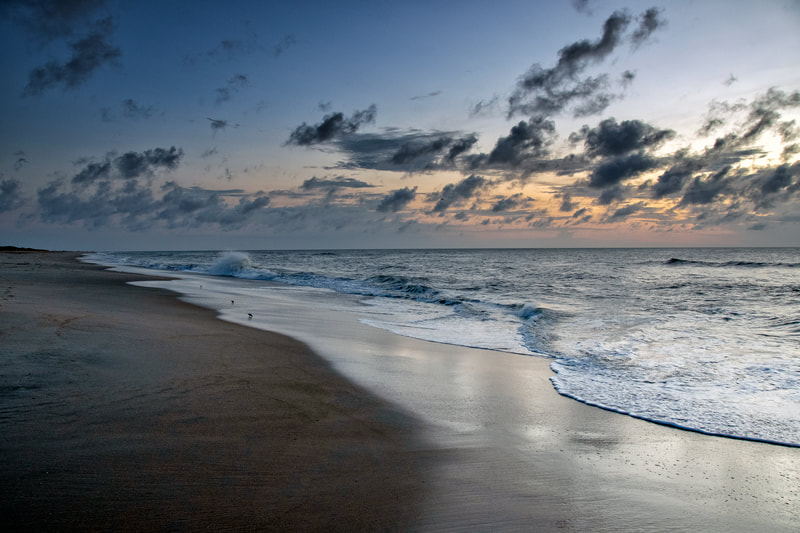
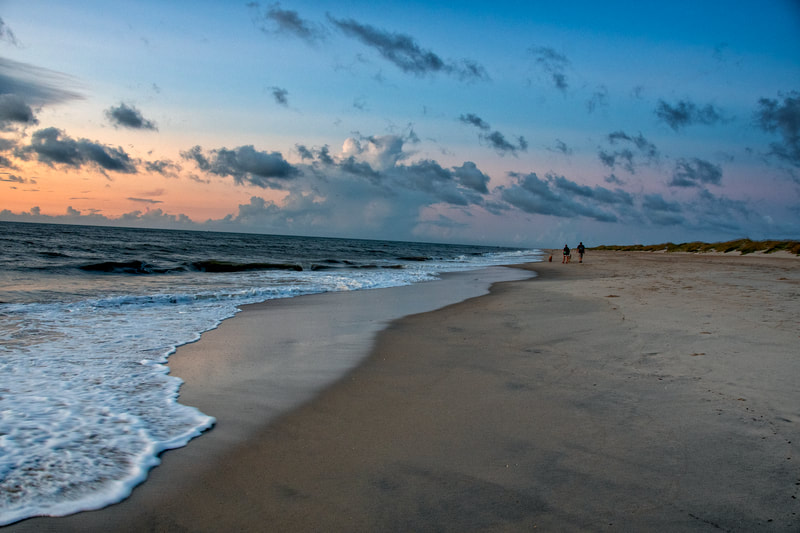
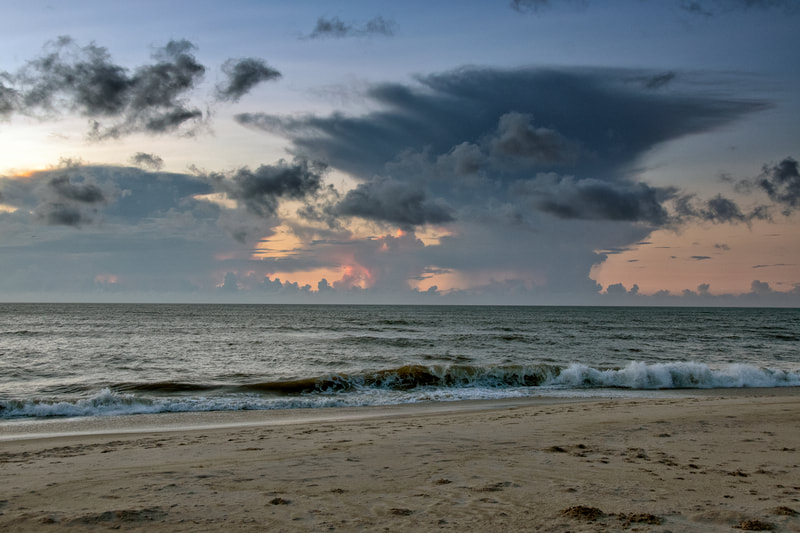
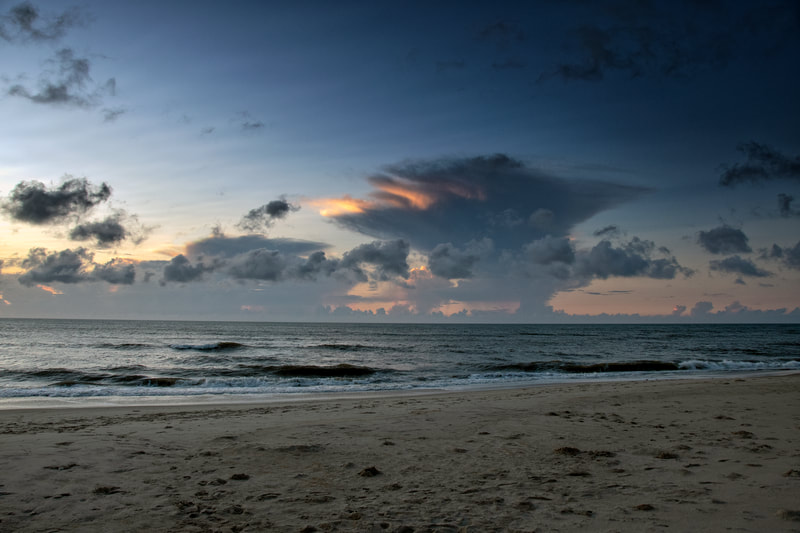
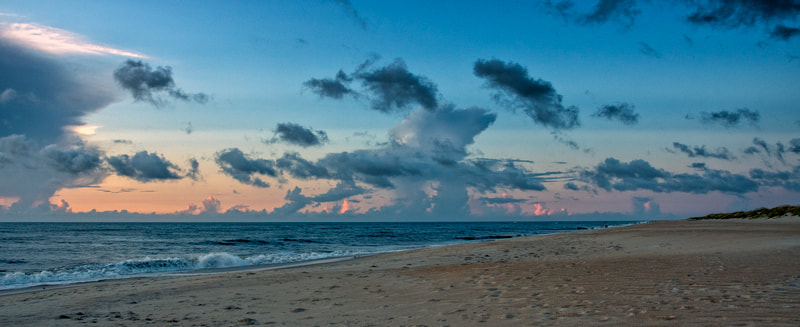
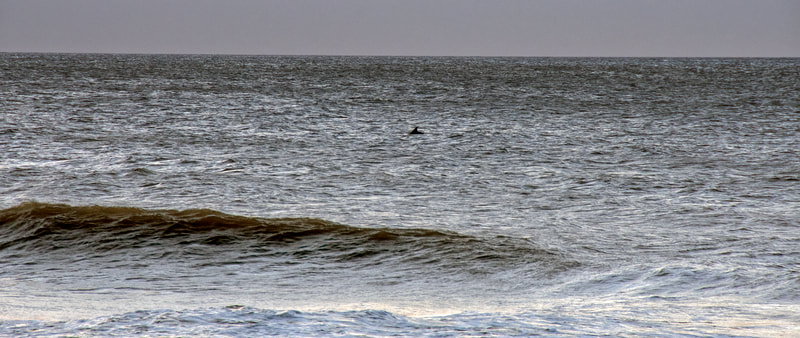
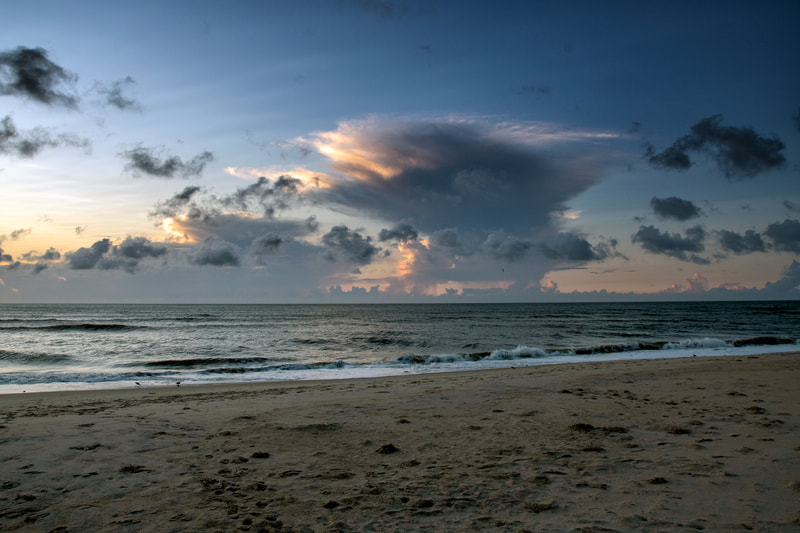
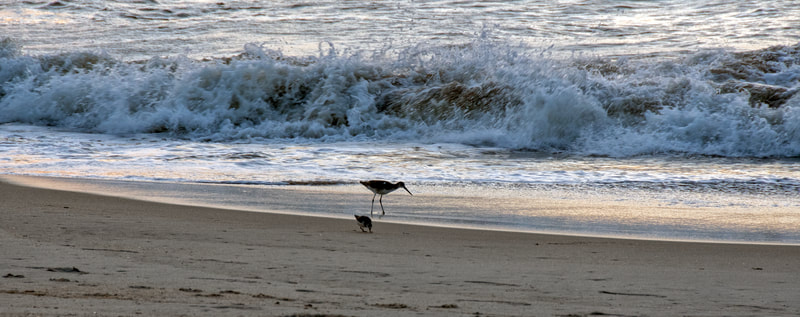
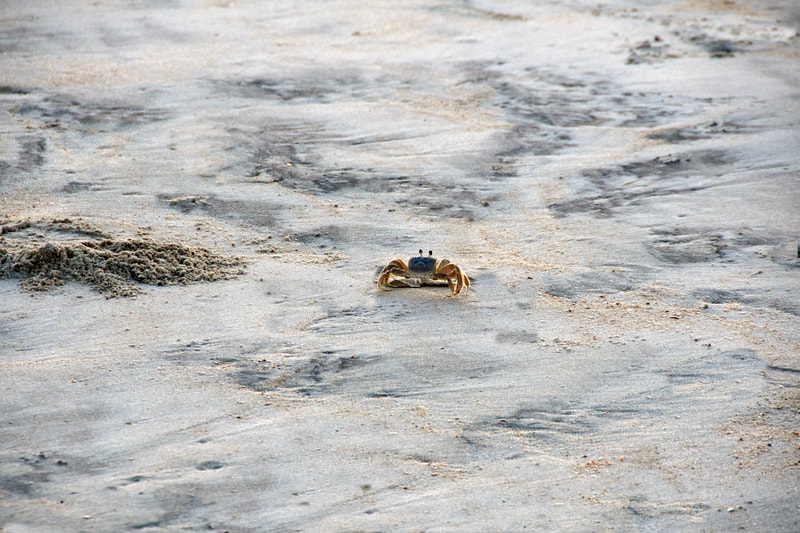
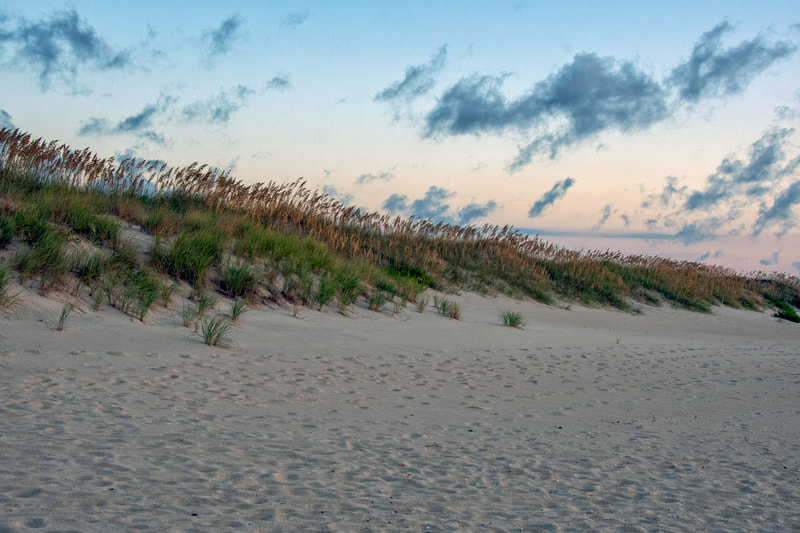
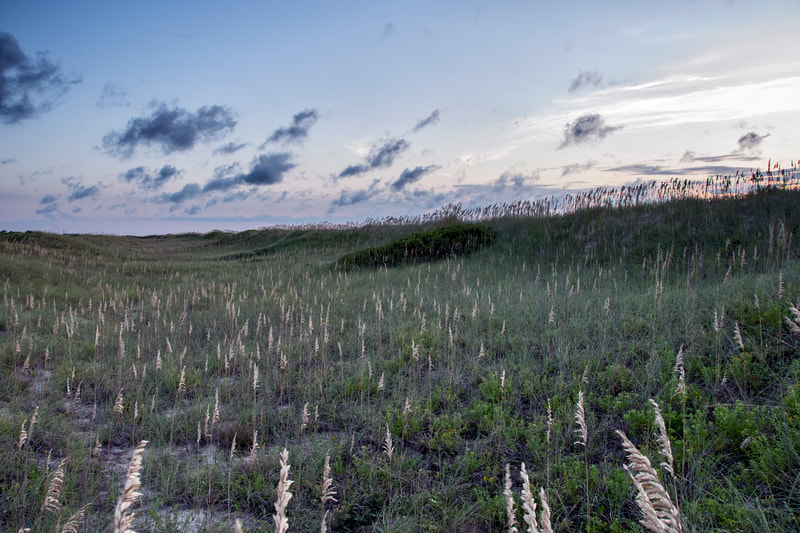
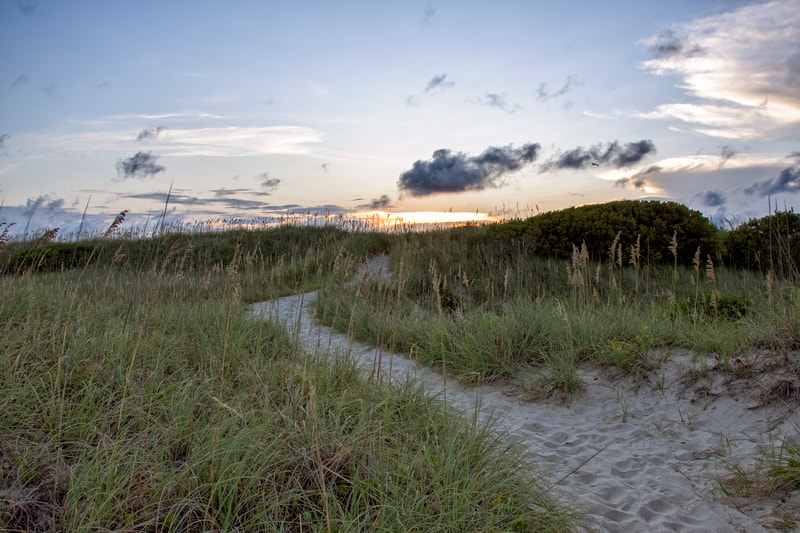
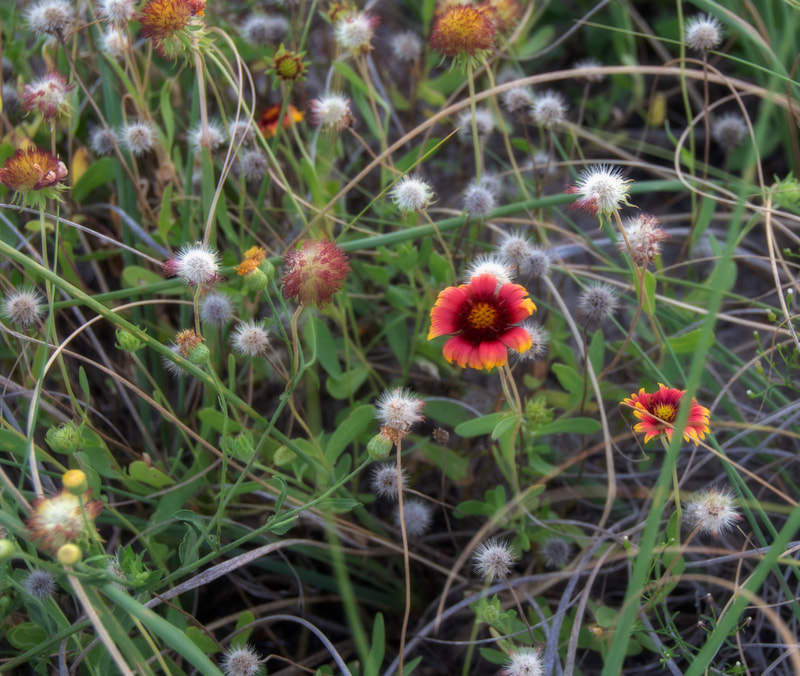
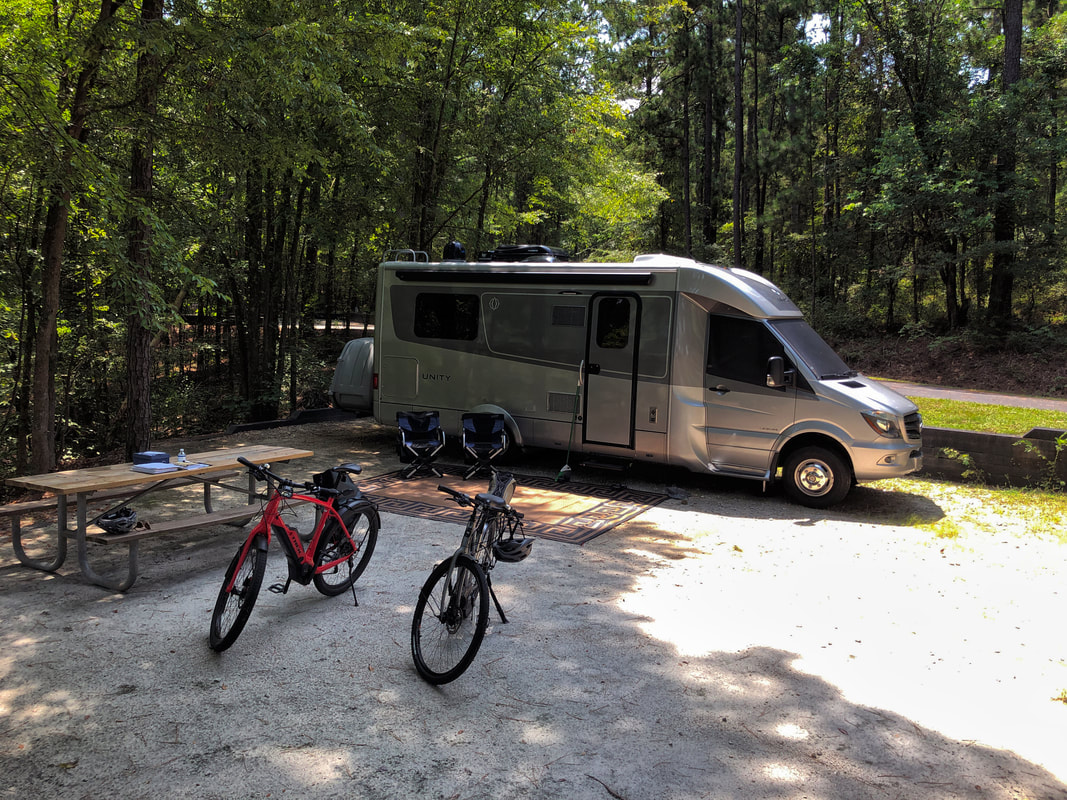

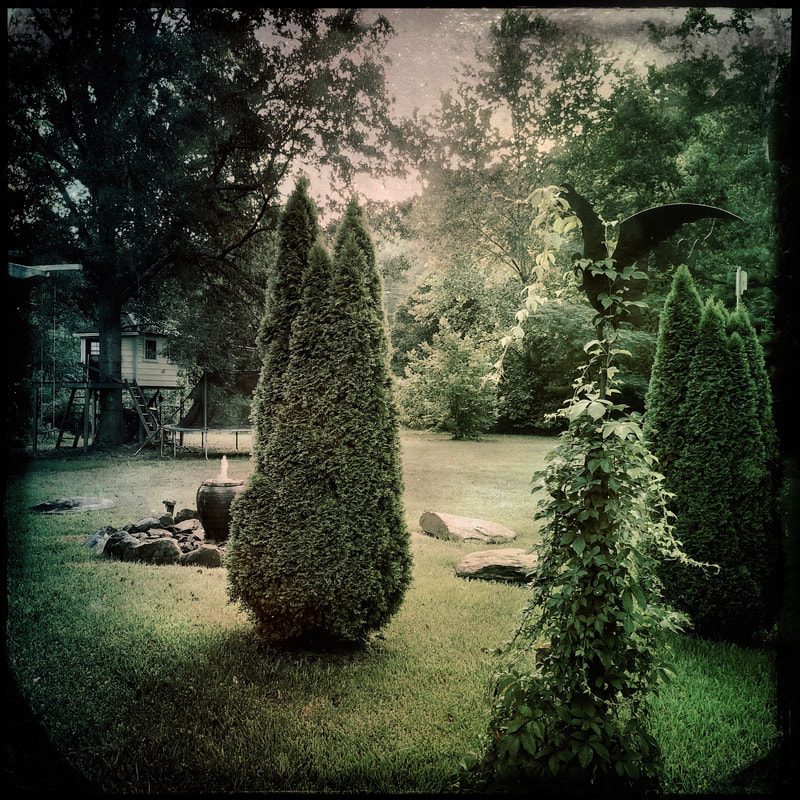

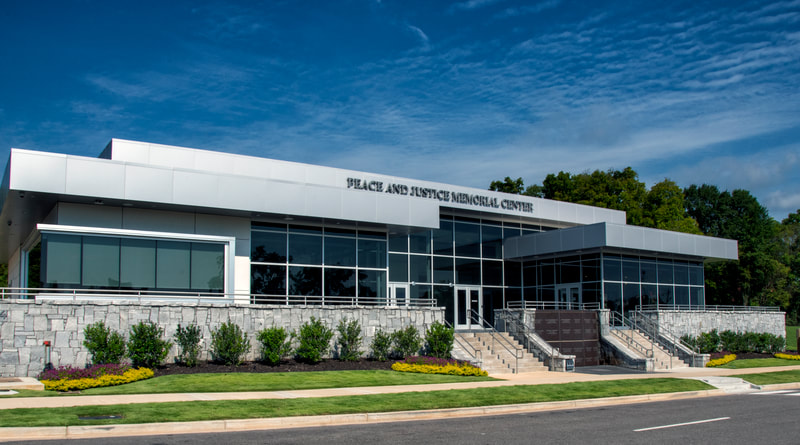
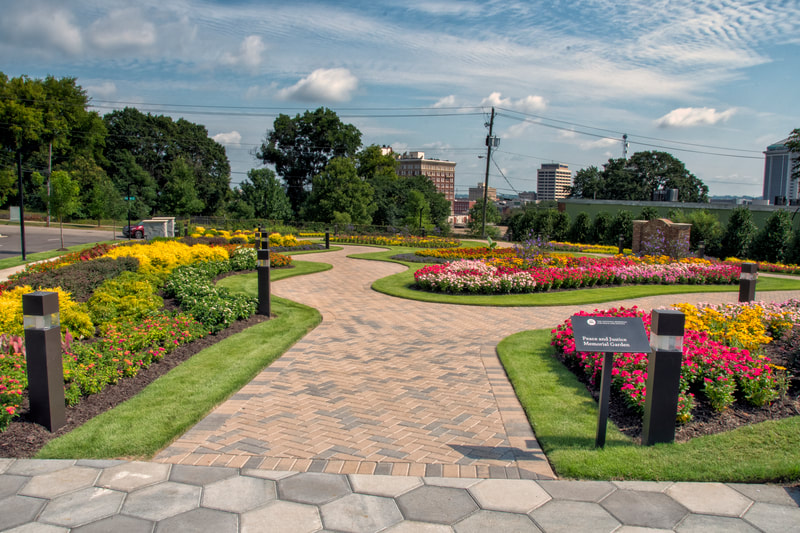
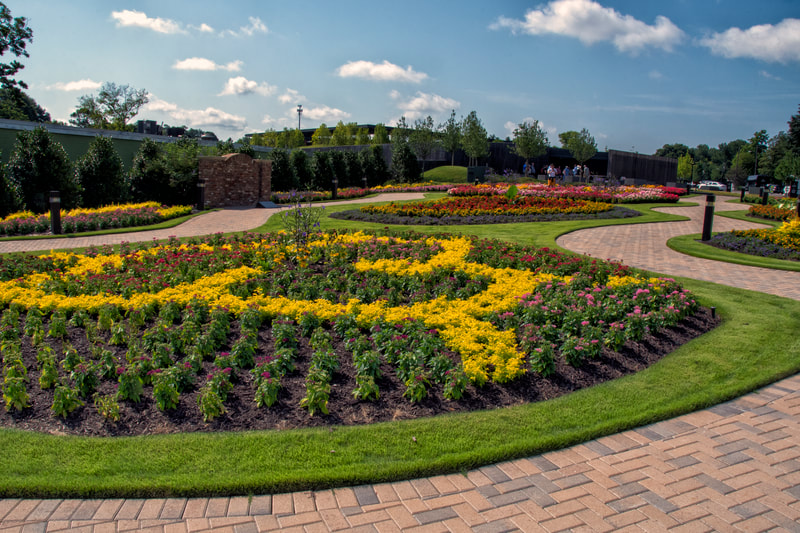
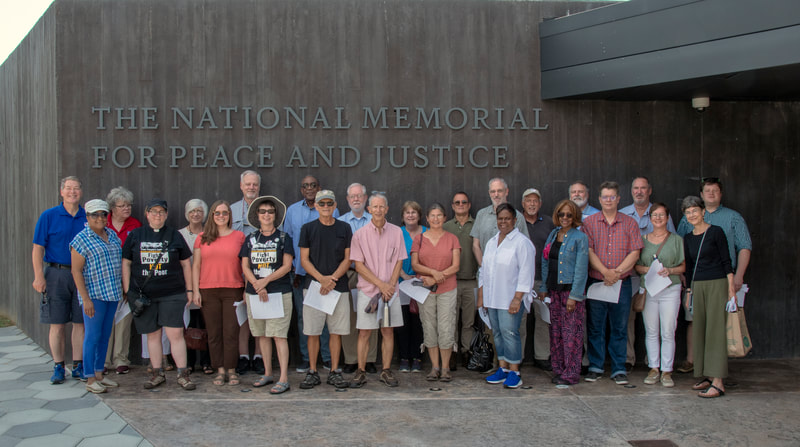
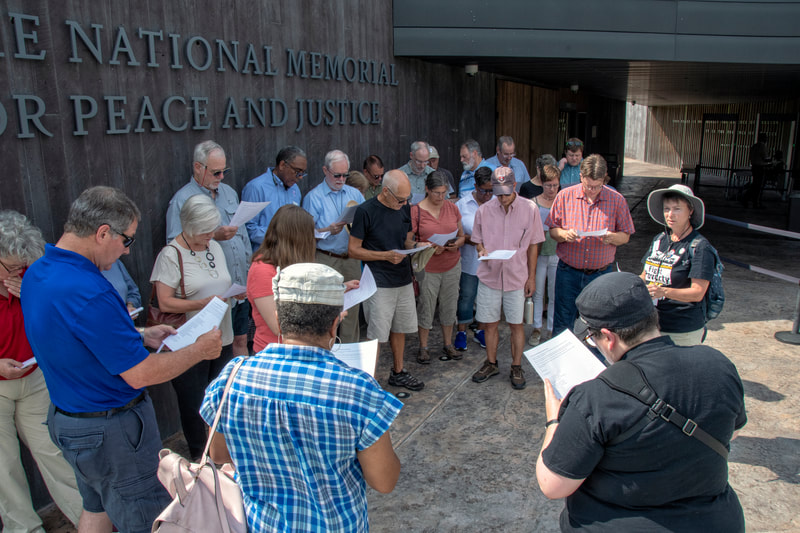
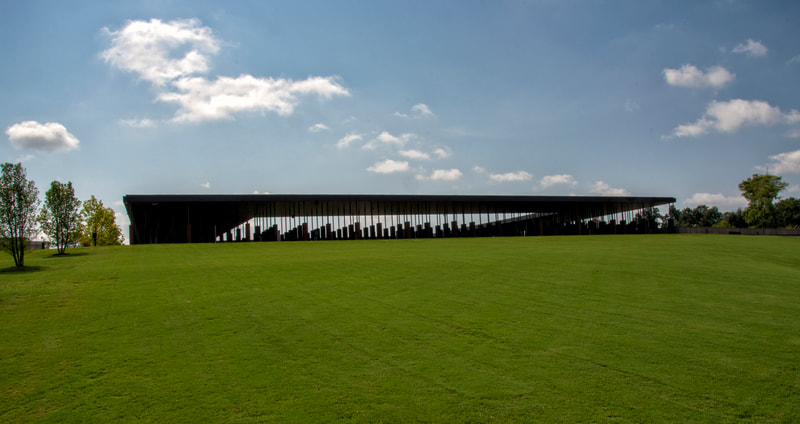
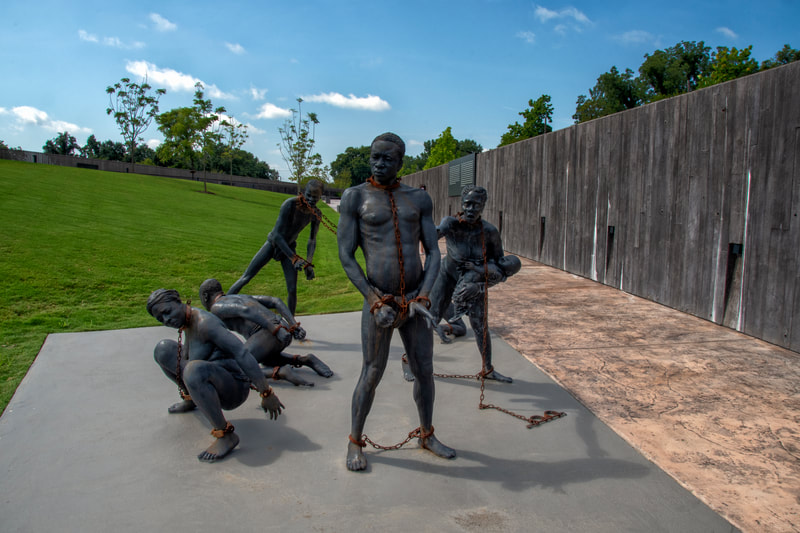
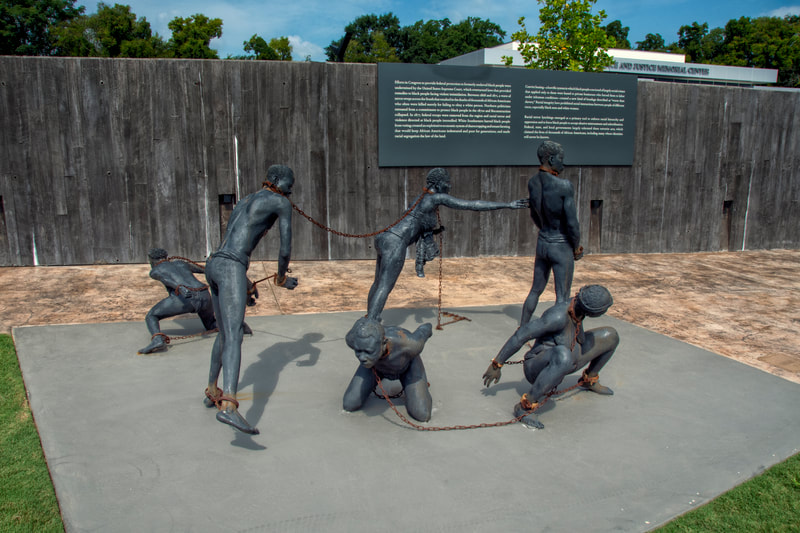
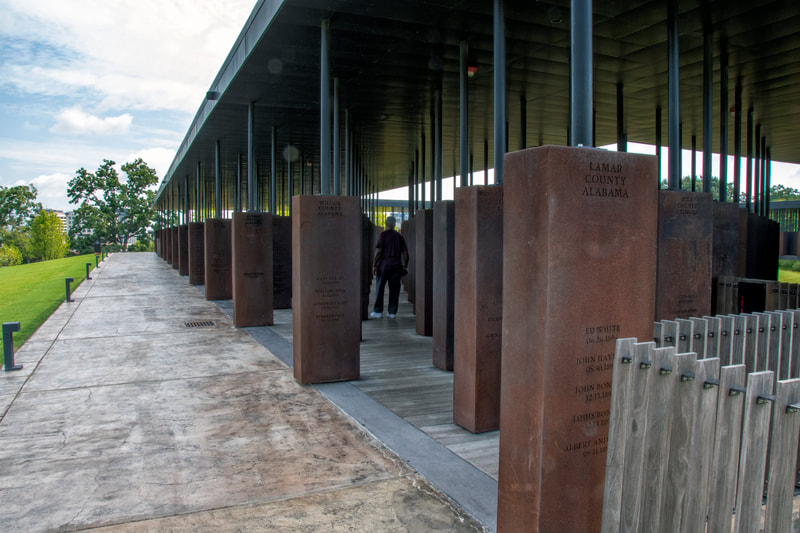
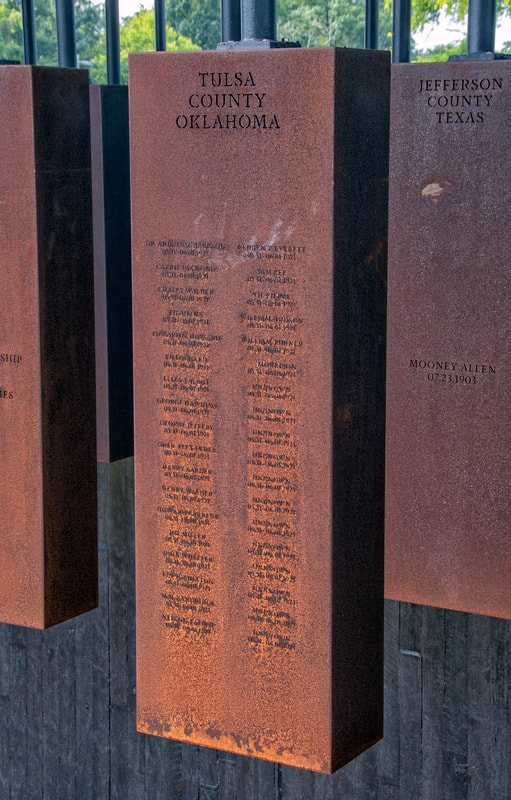
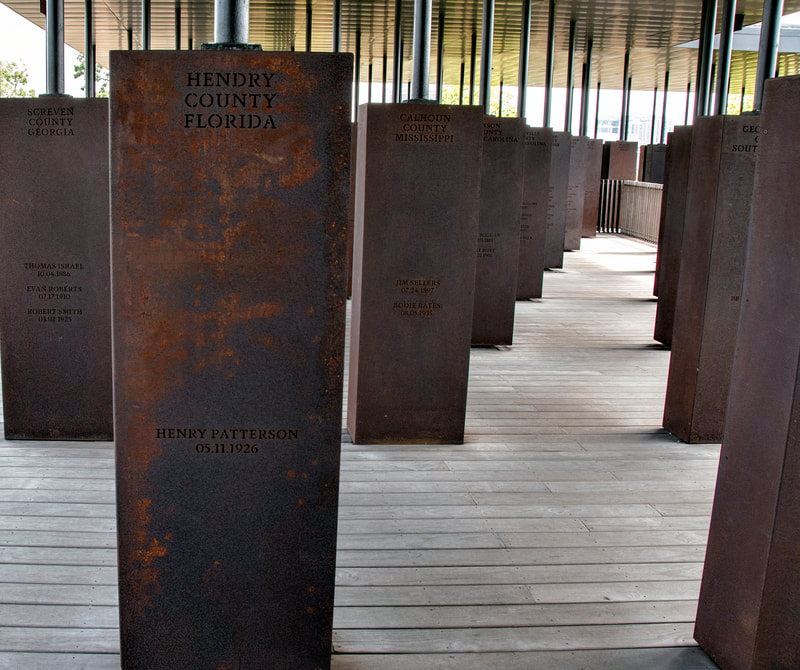
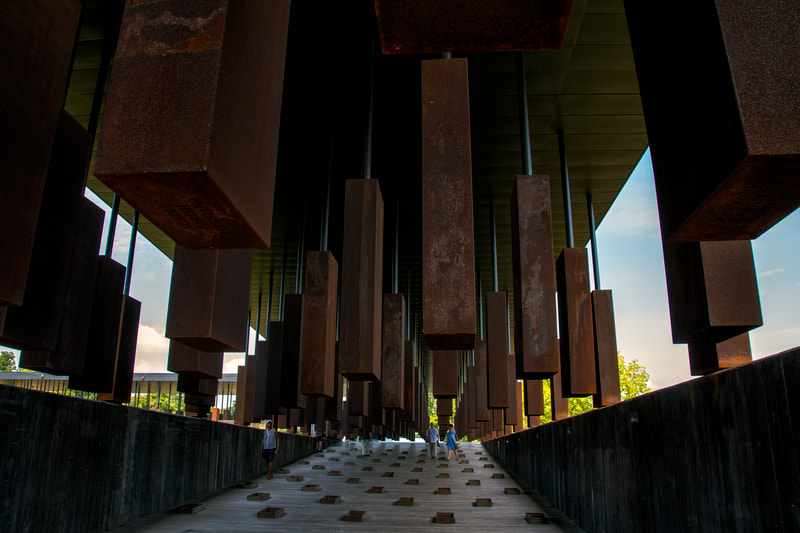
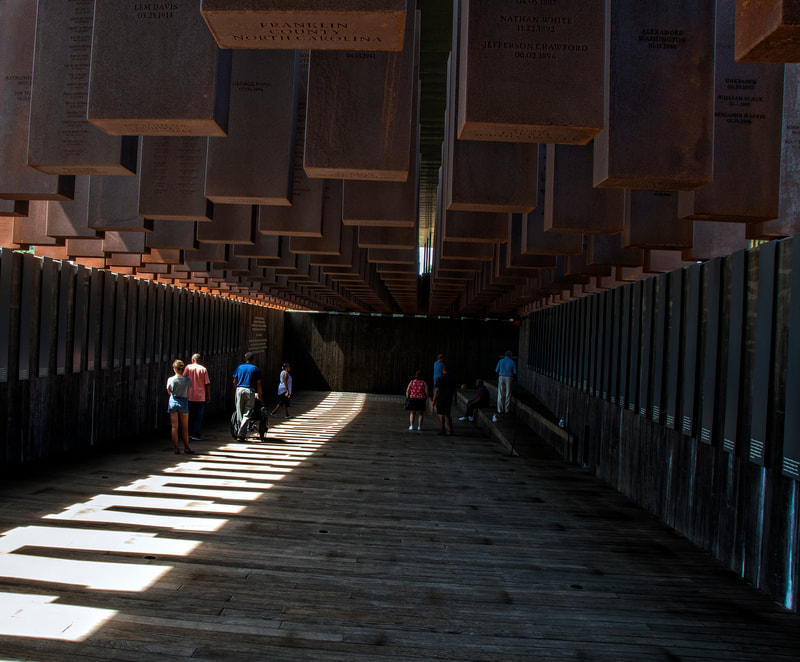
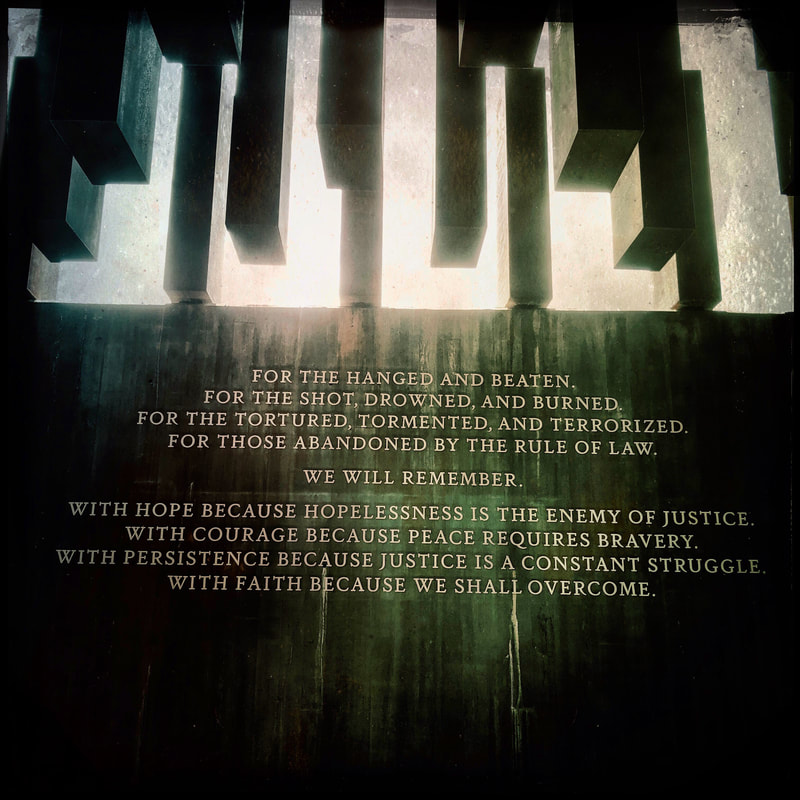
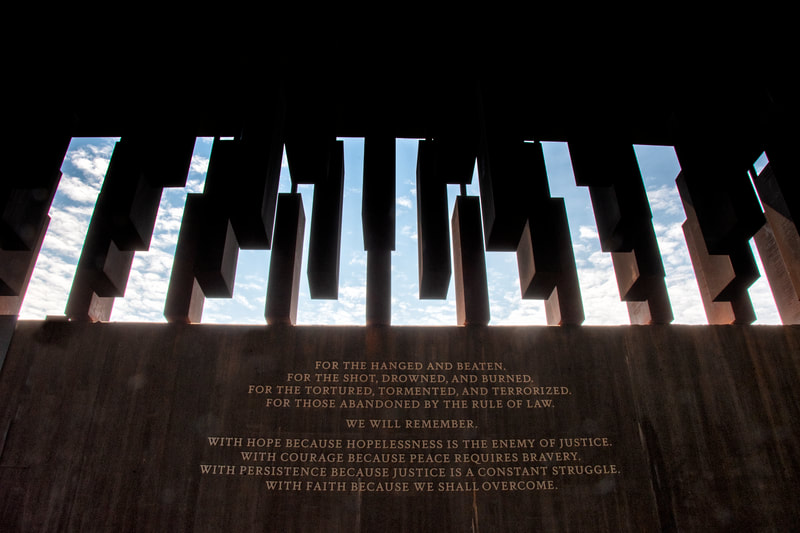
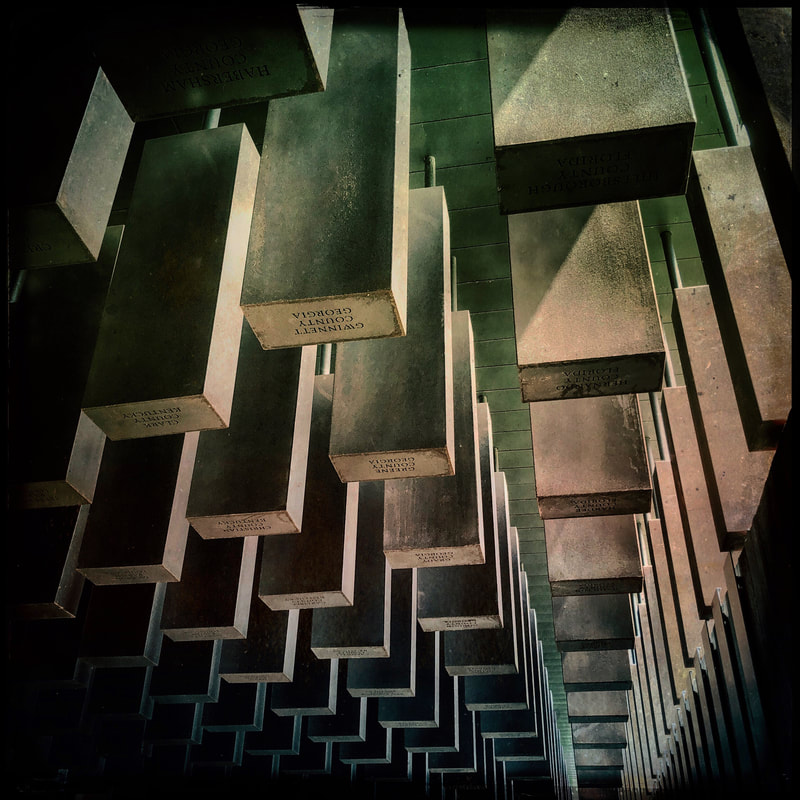
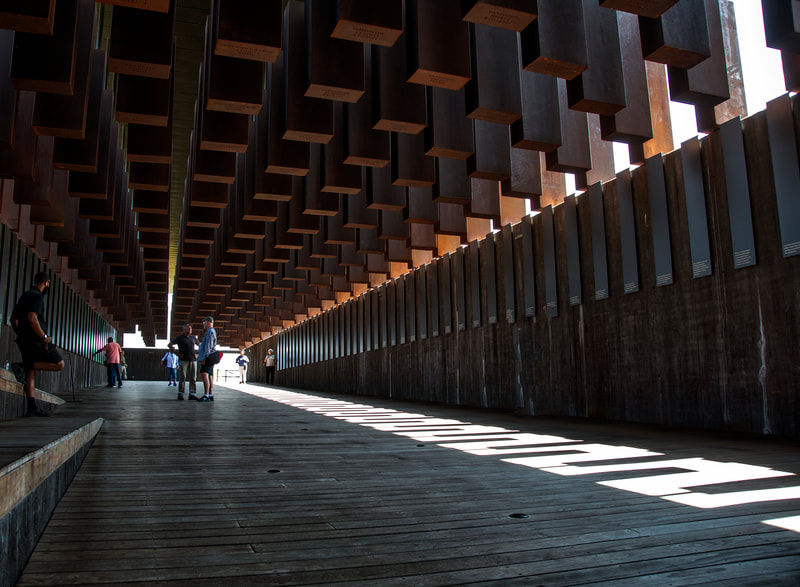
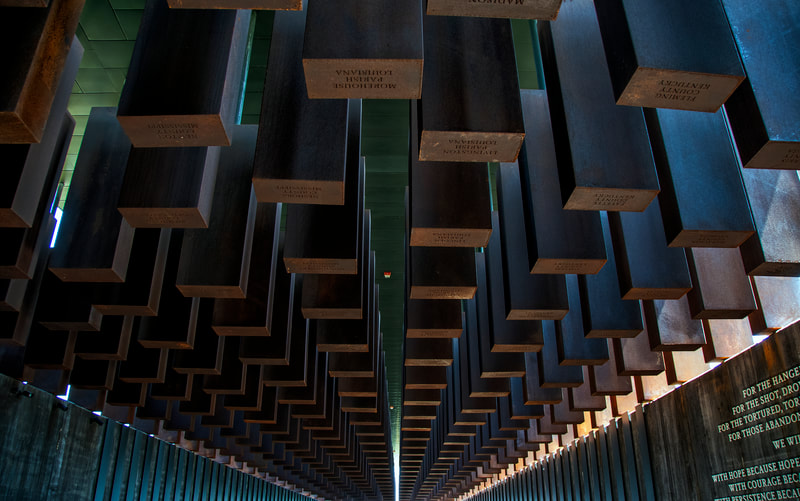
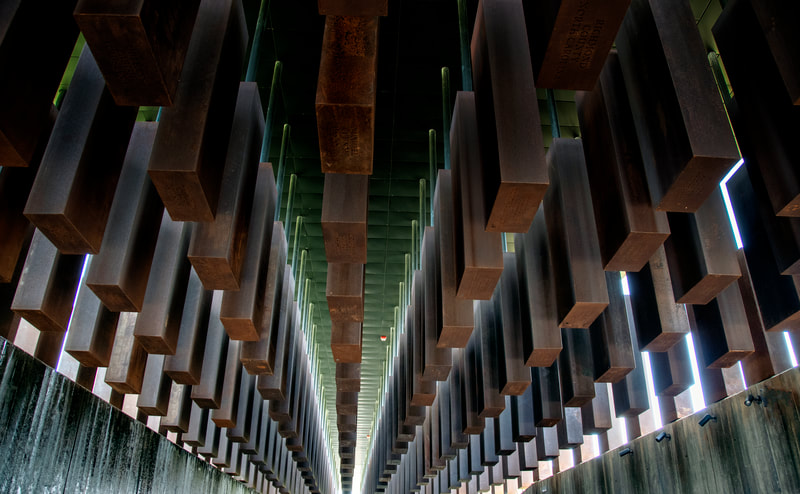
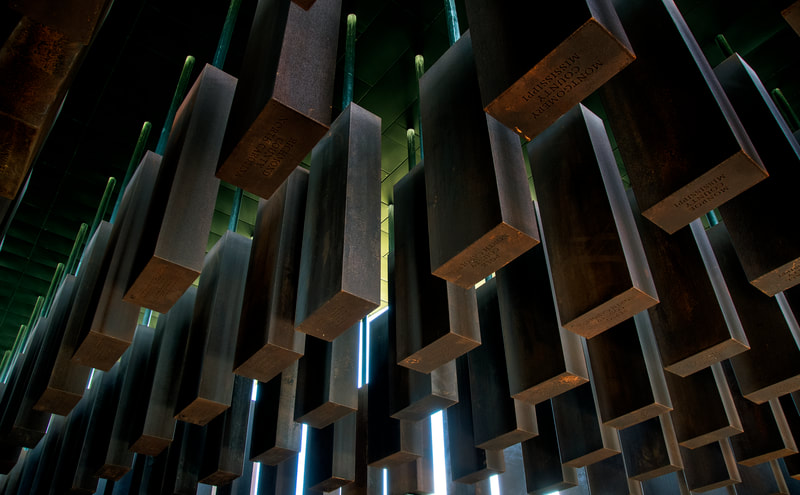
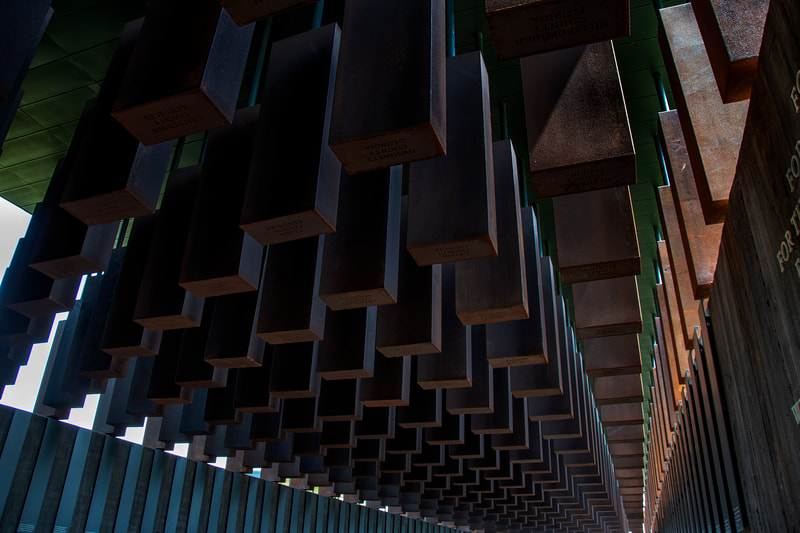
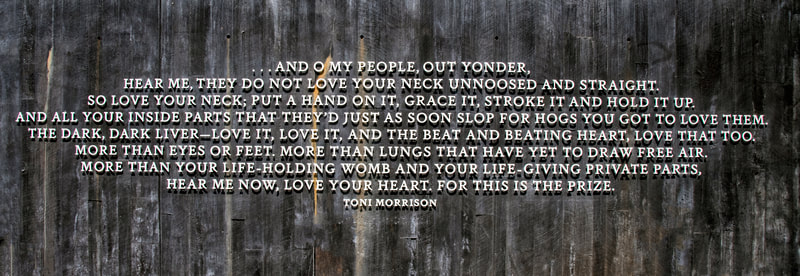
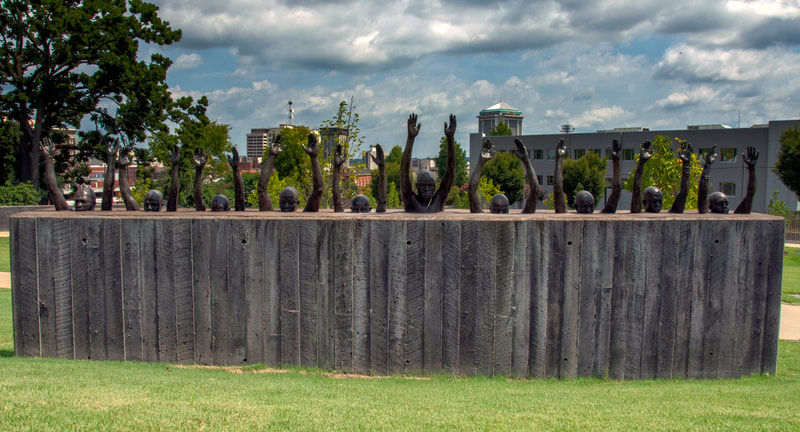
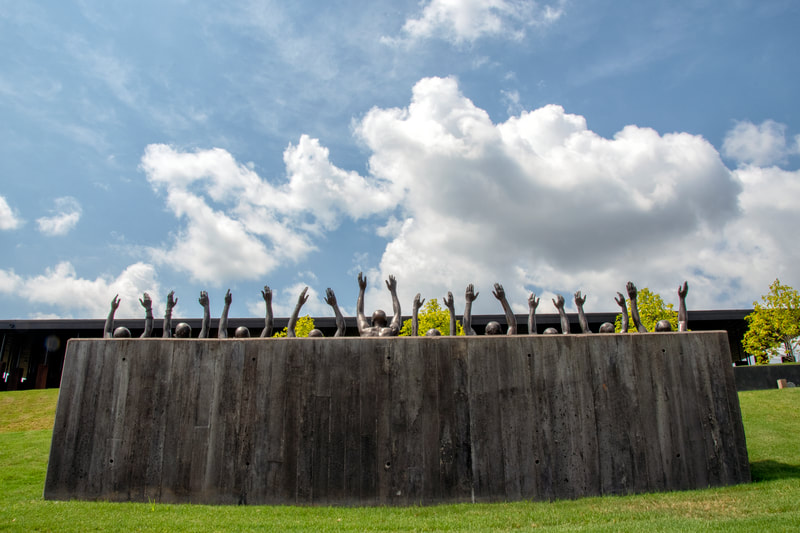
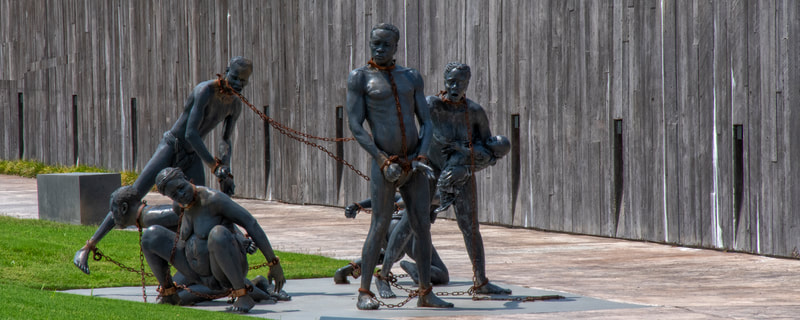
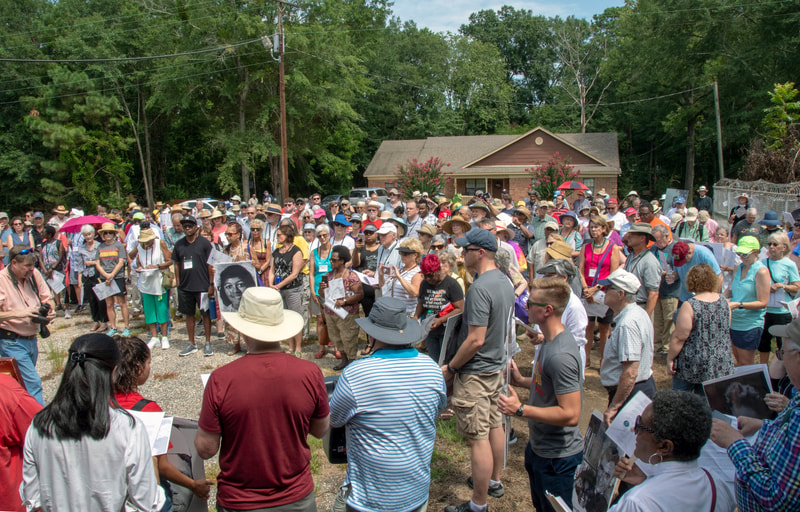
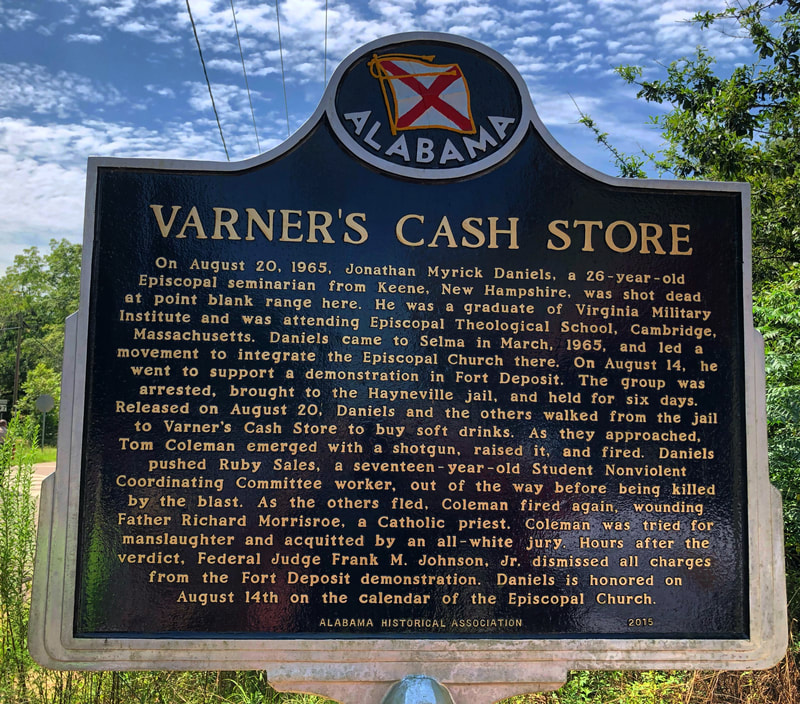
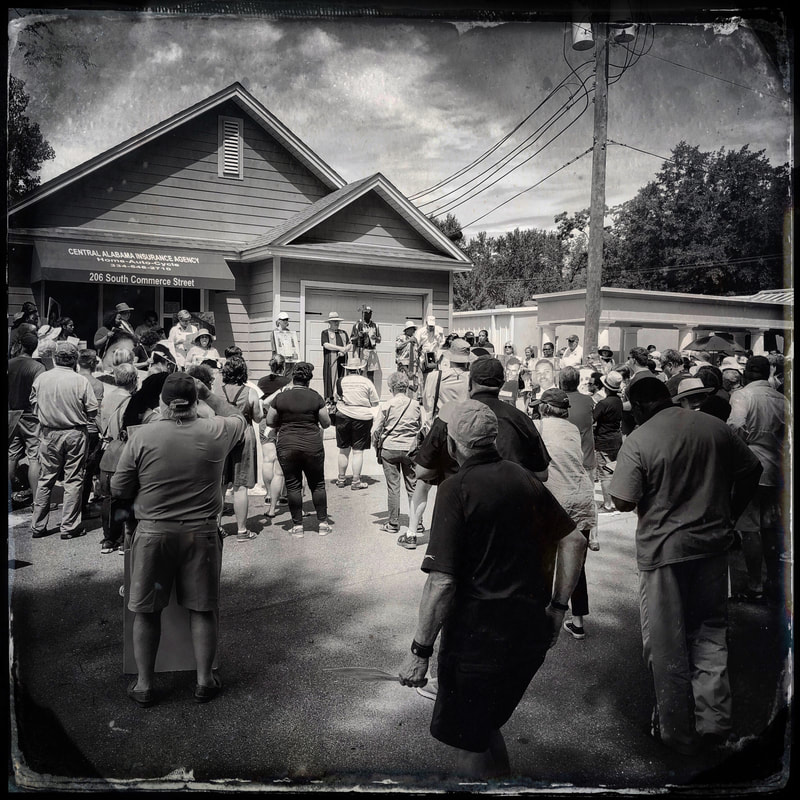
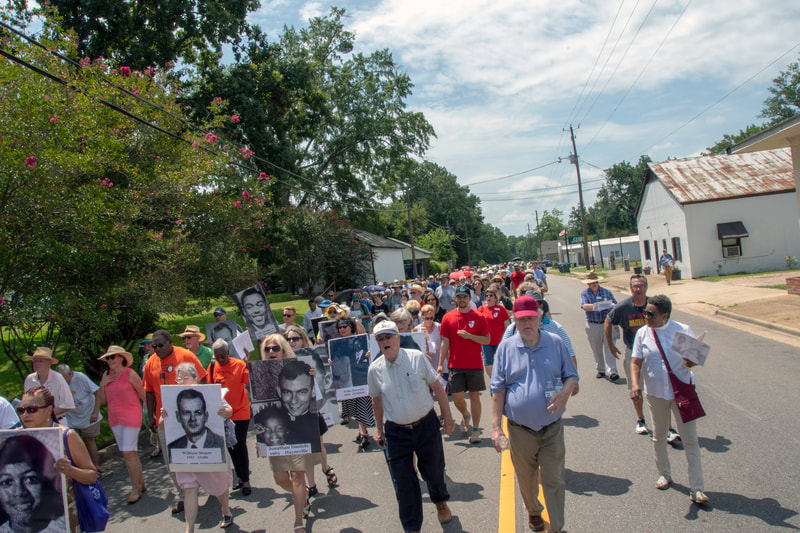
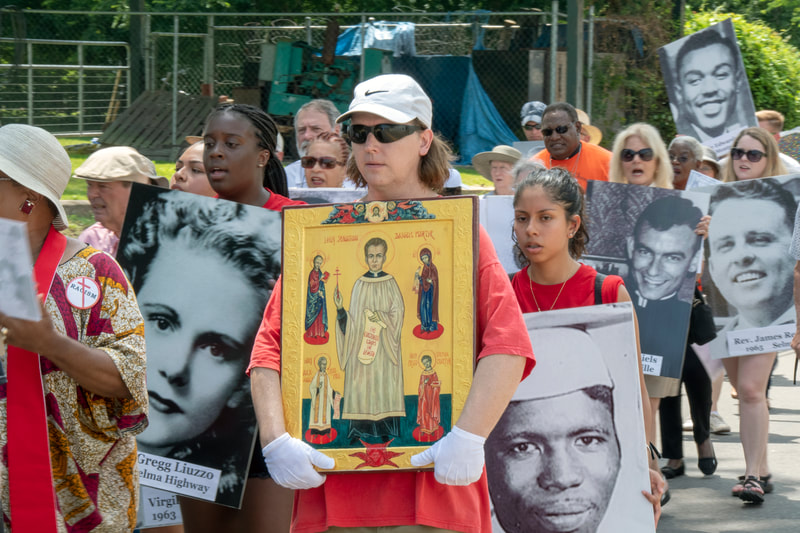
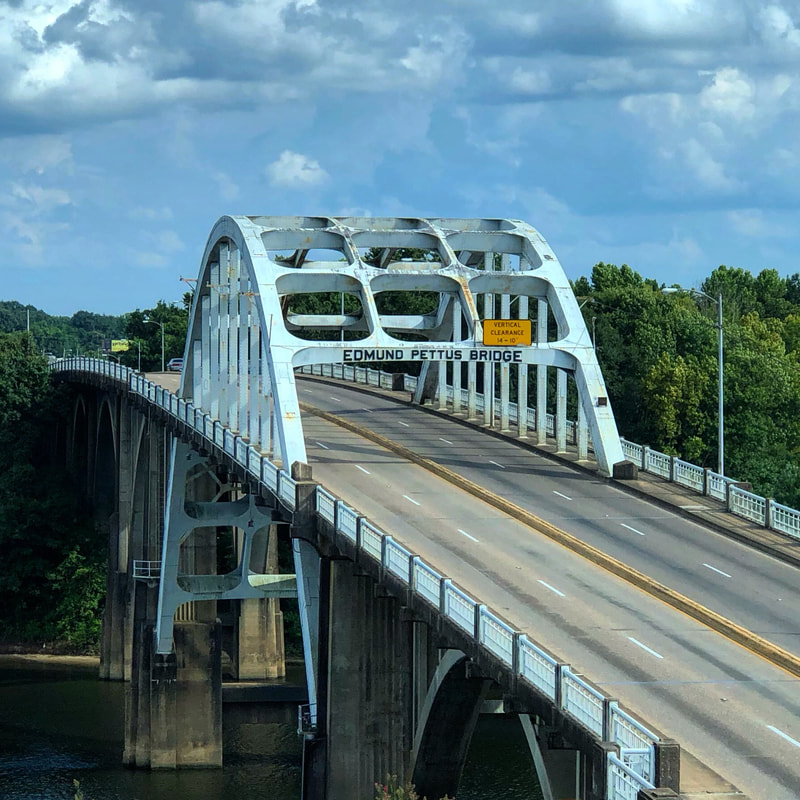
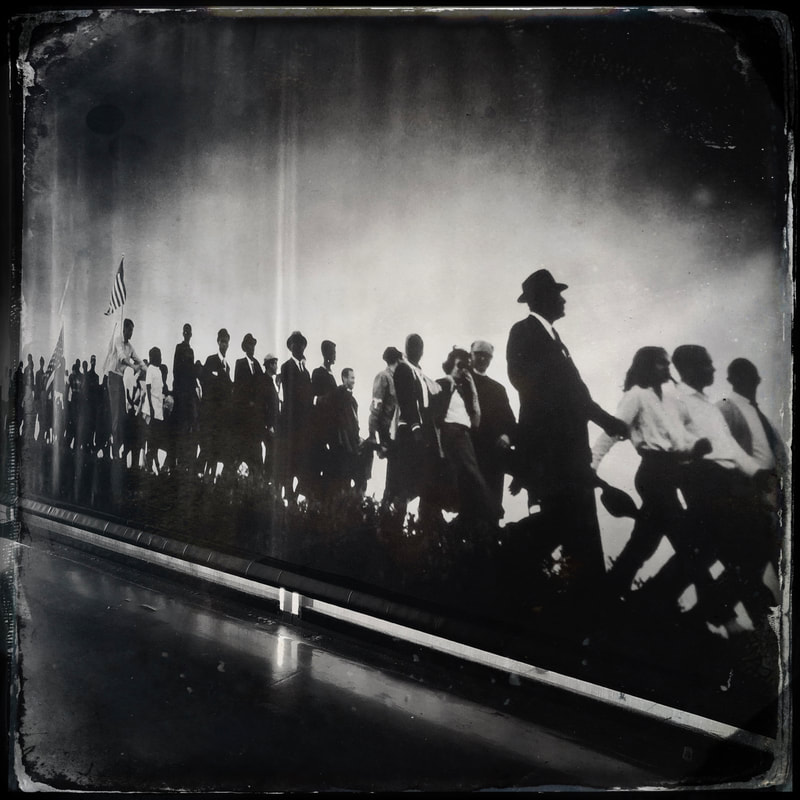
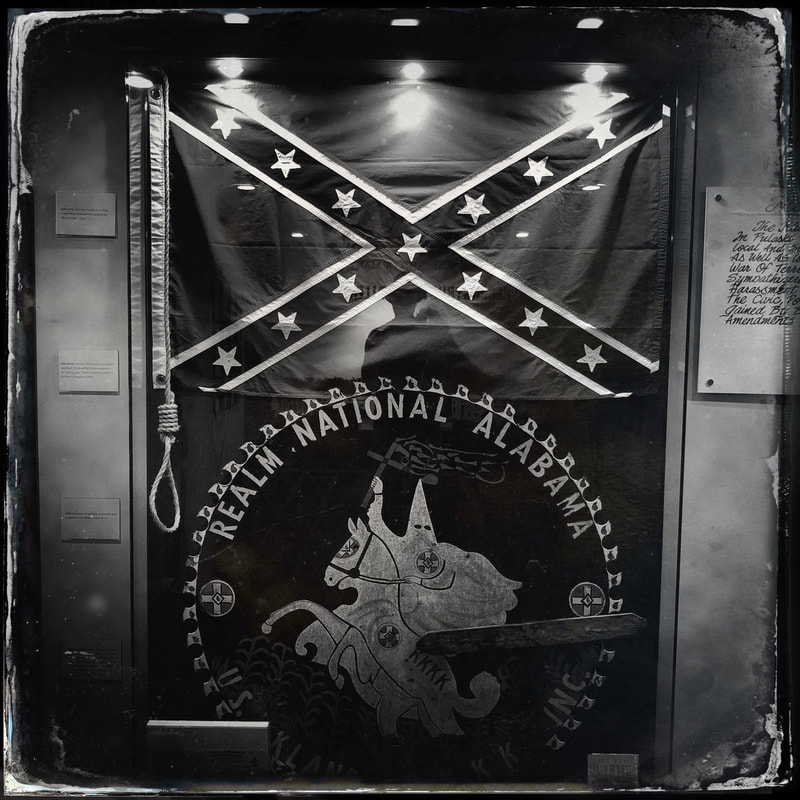
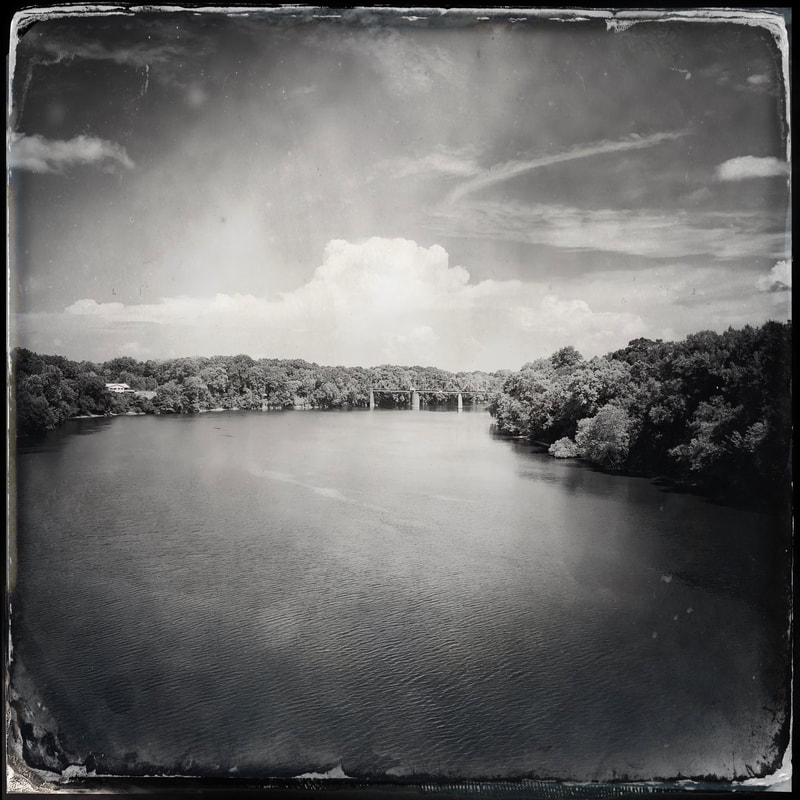
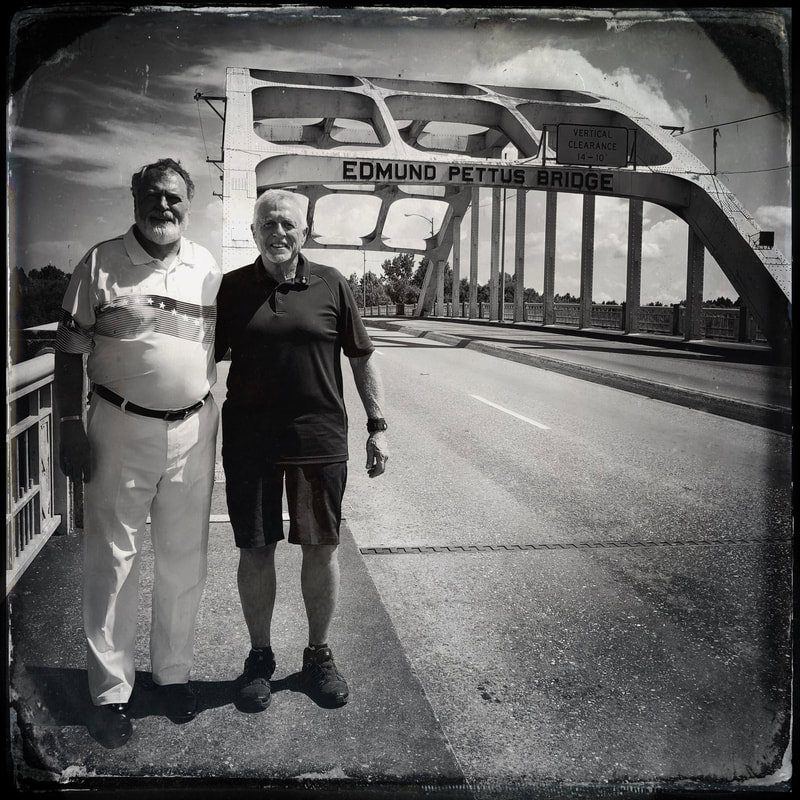
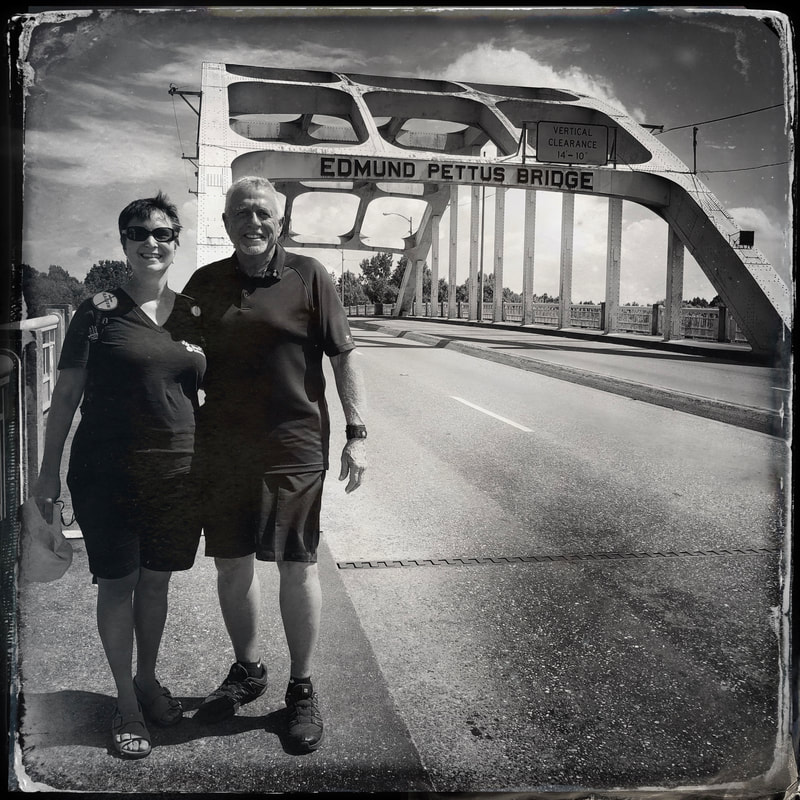
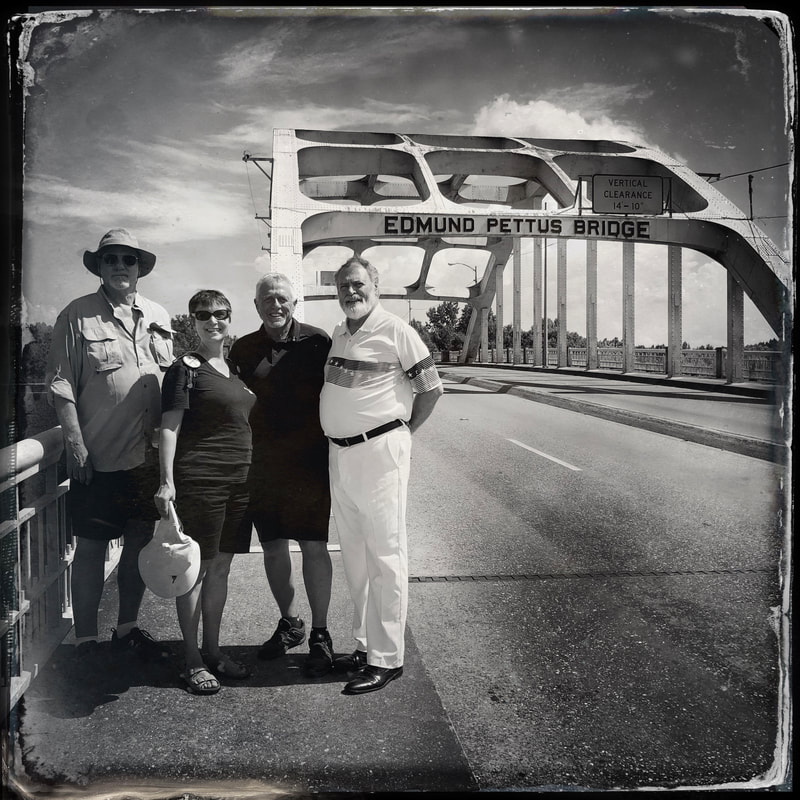
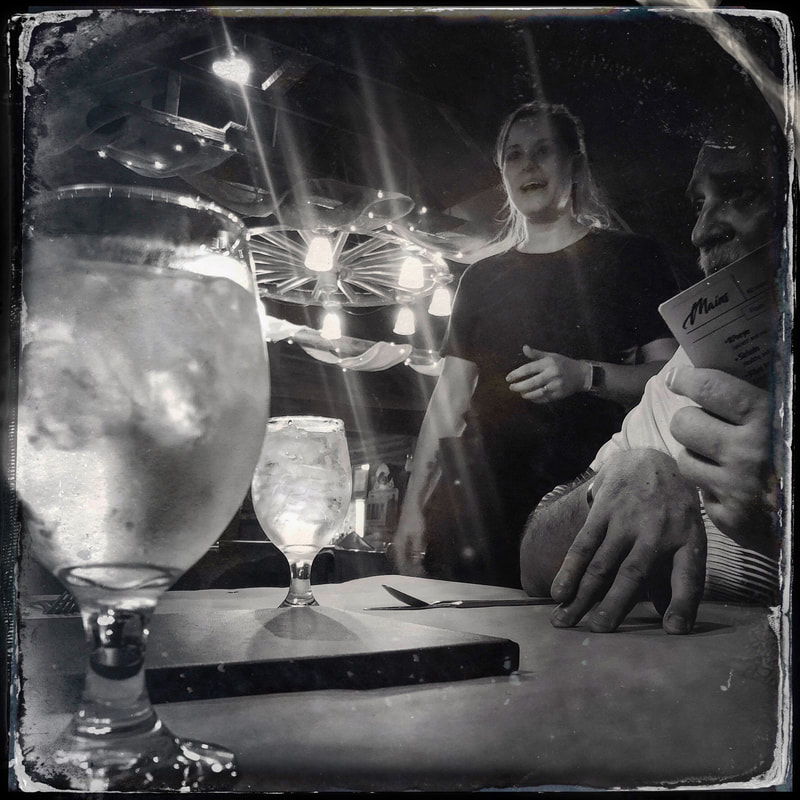
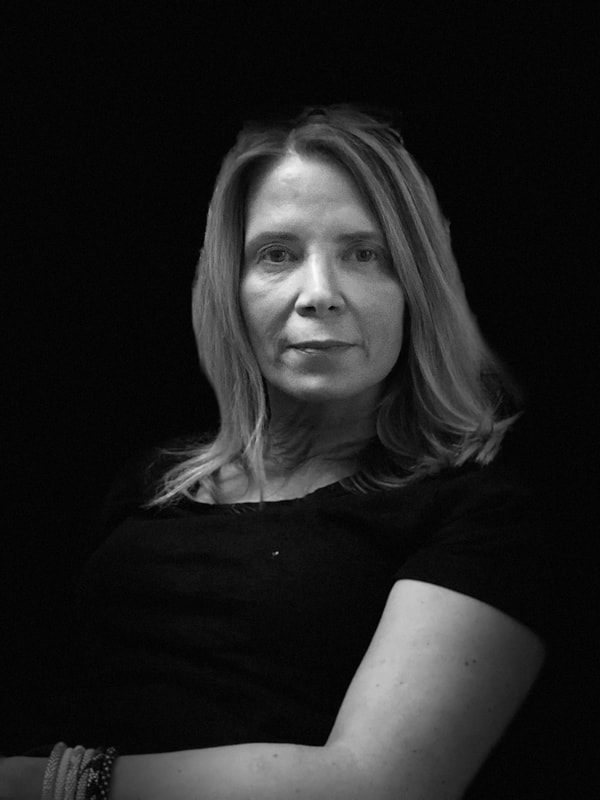
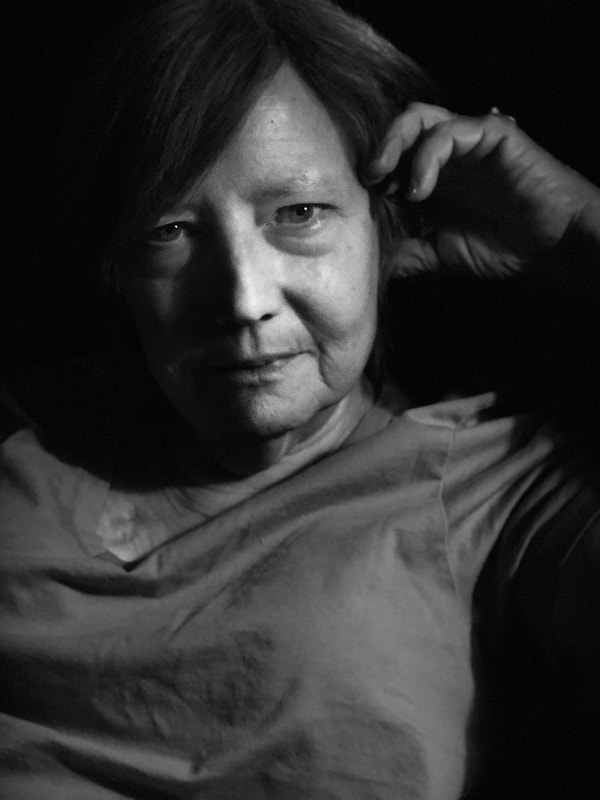
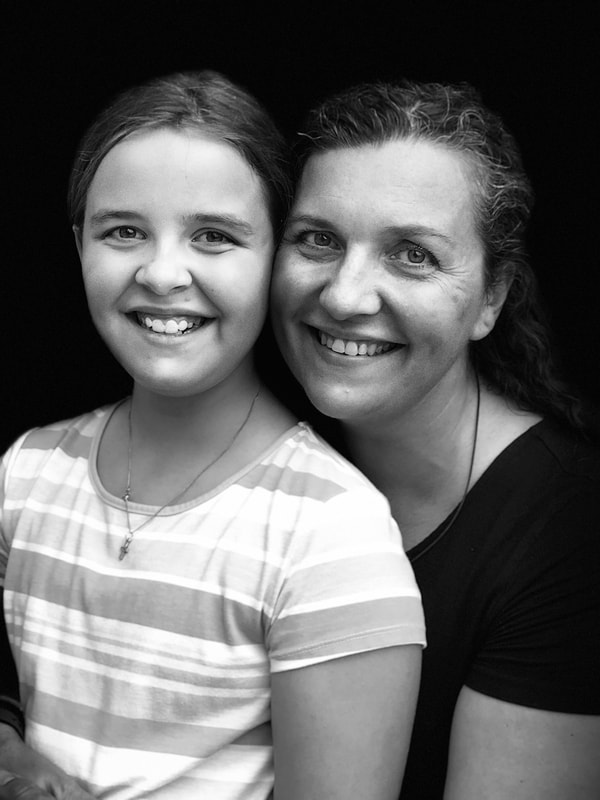
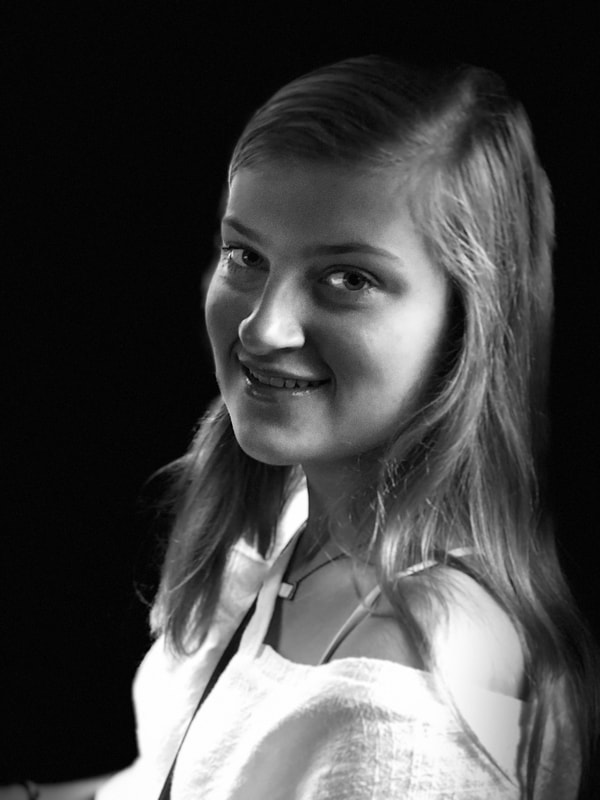
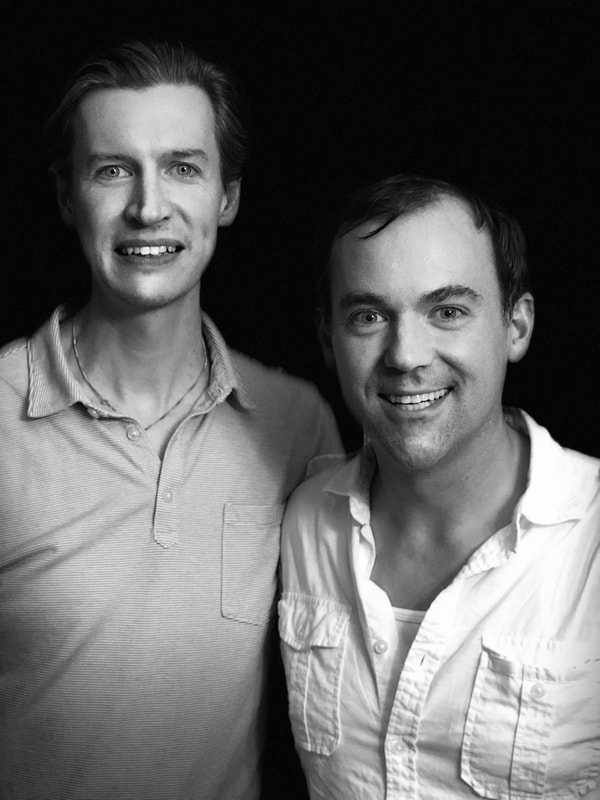
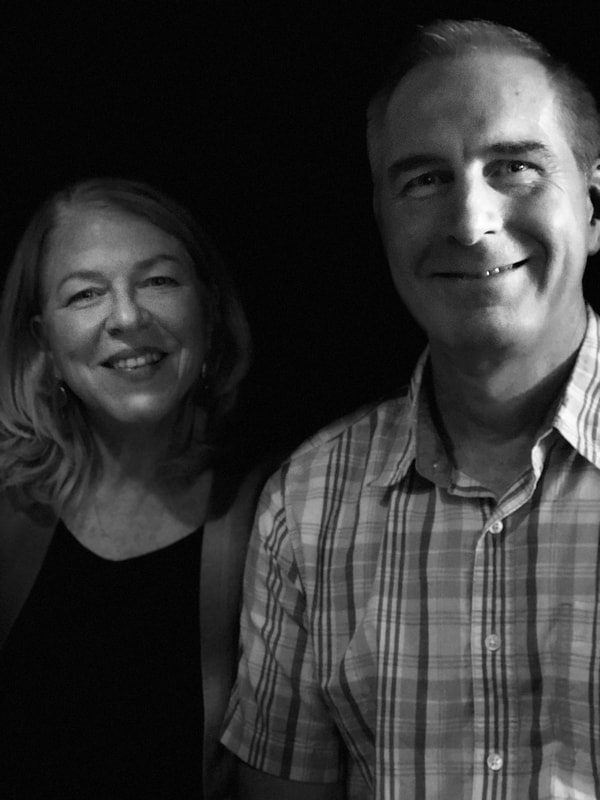
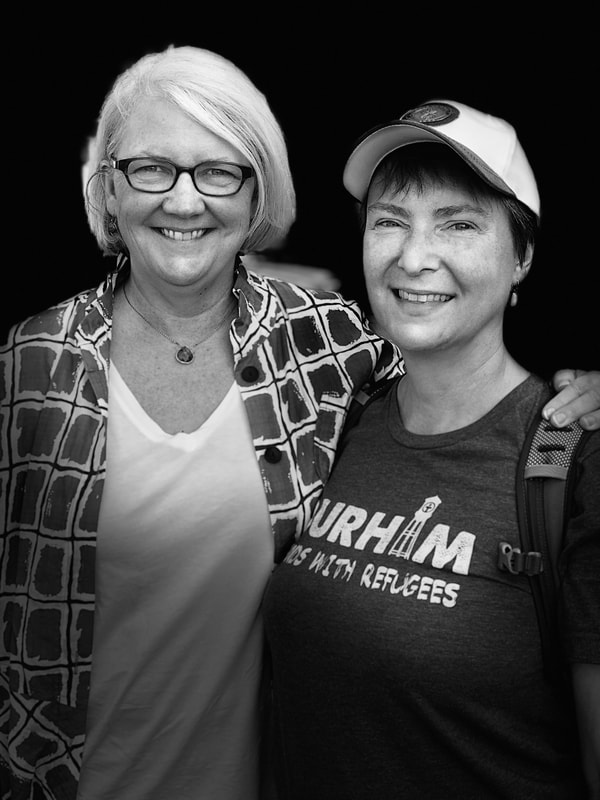

 RSS Feed
RSS Feed